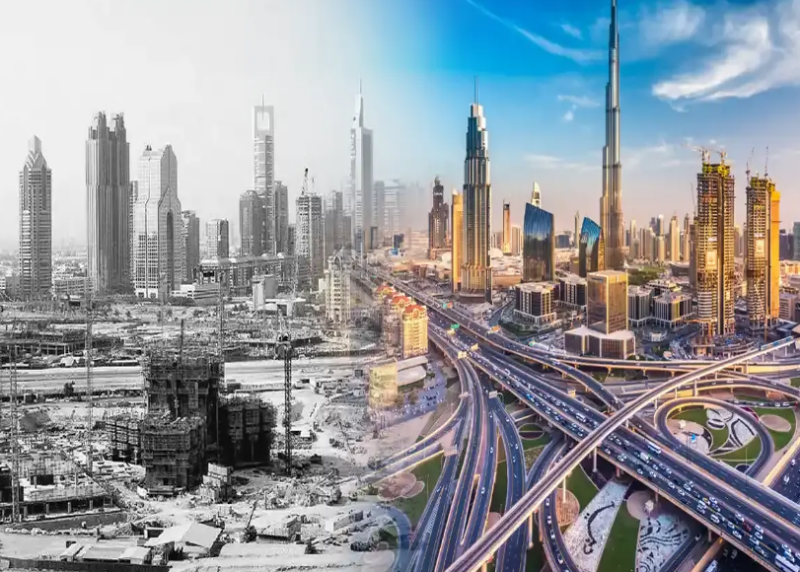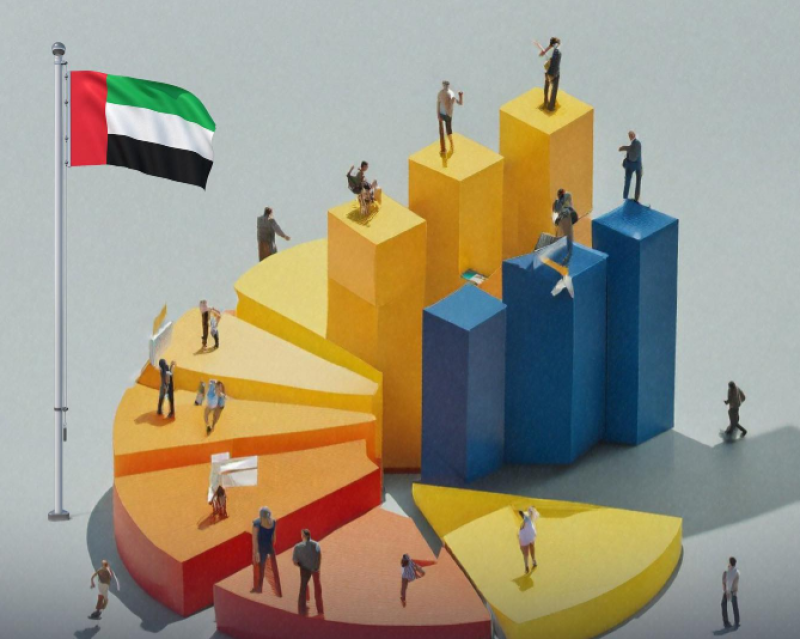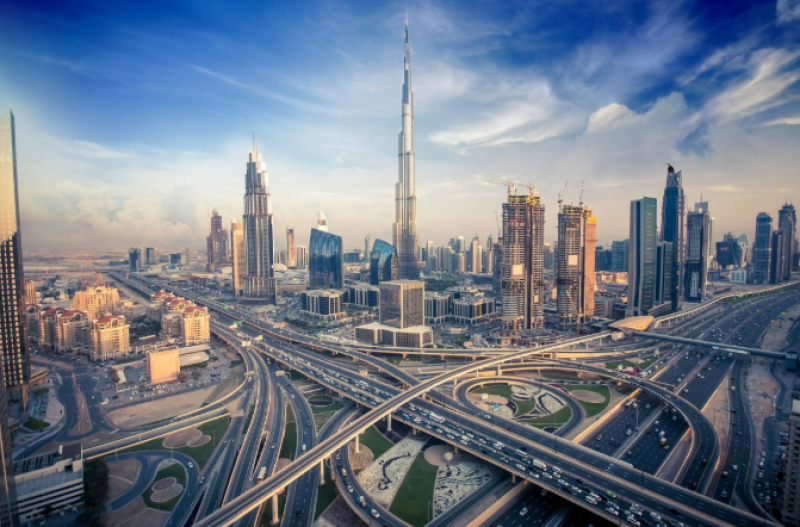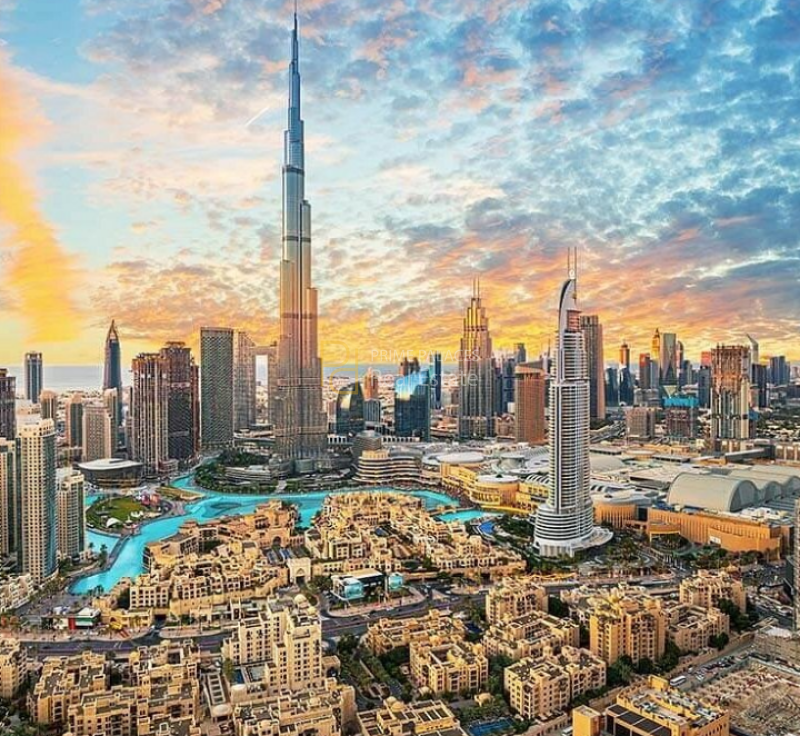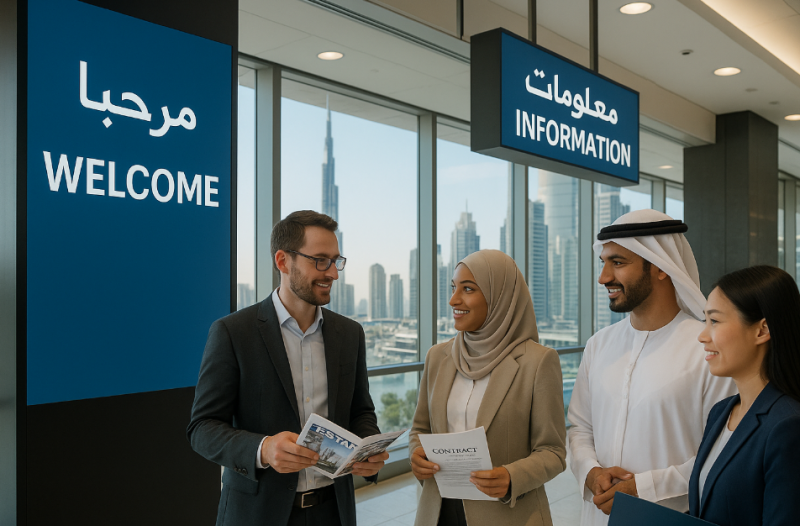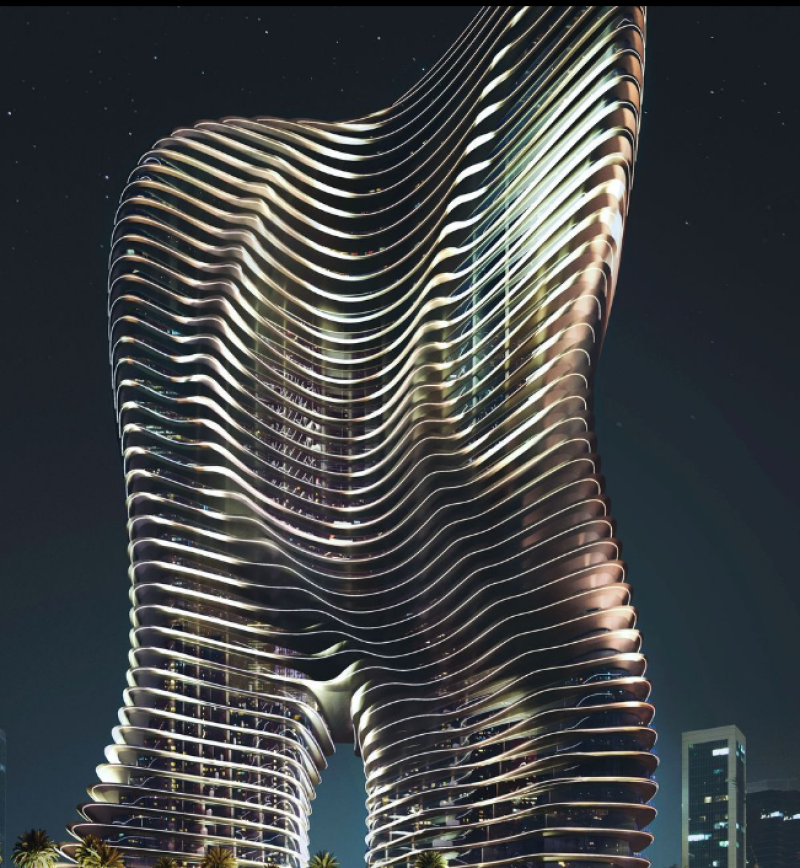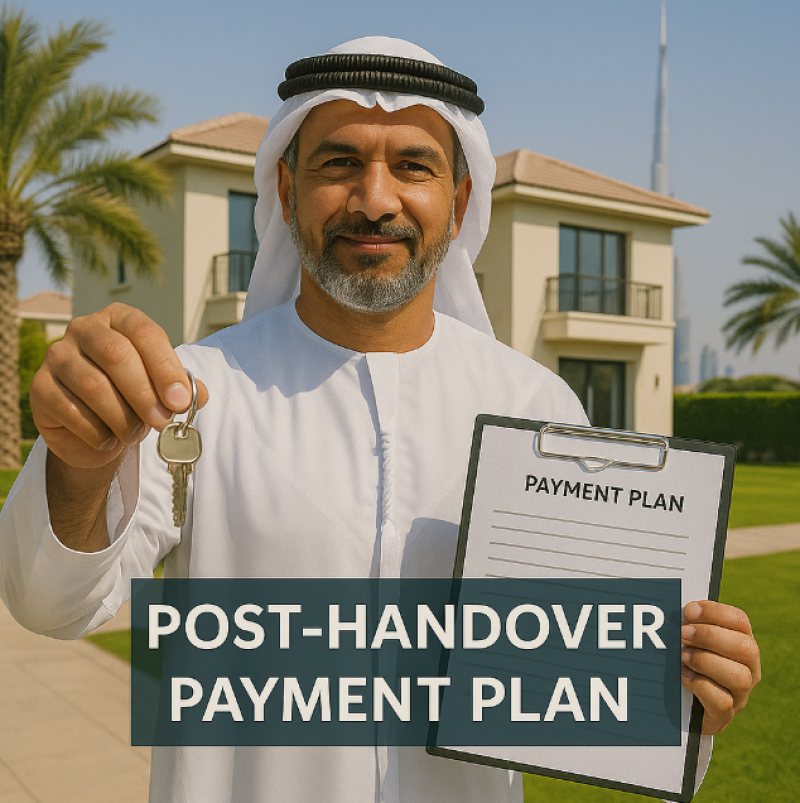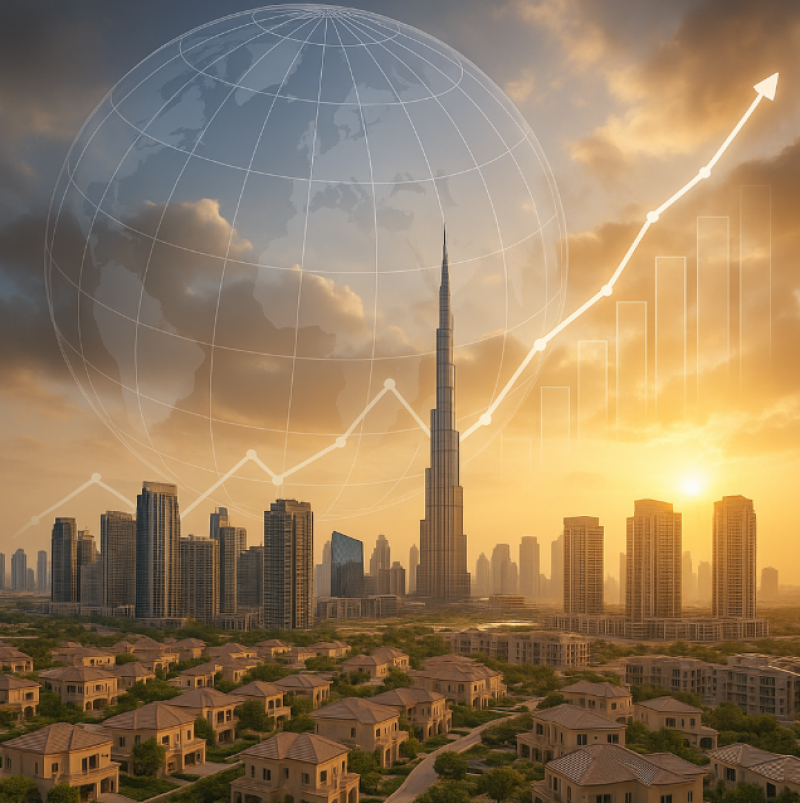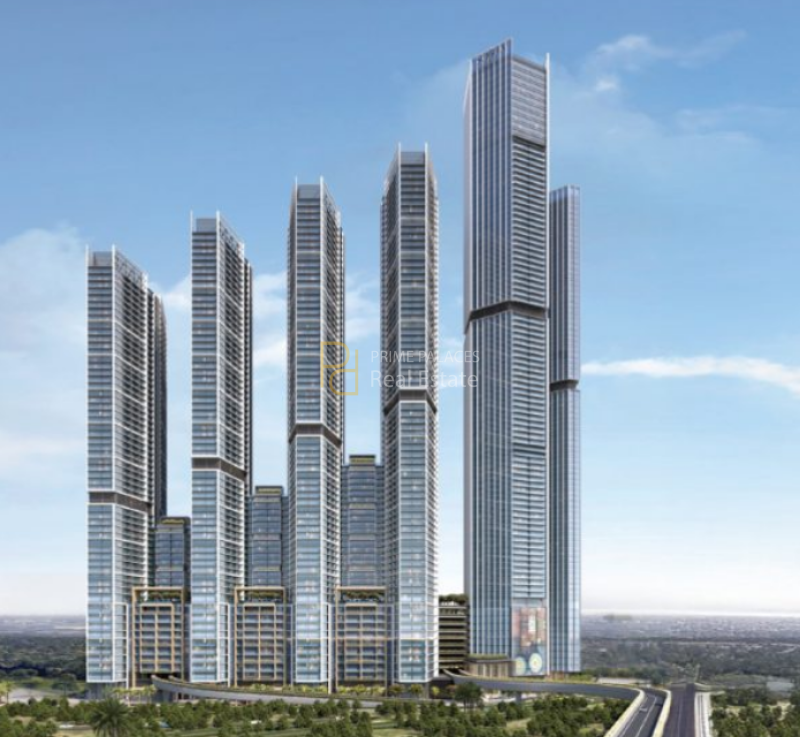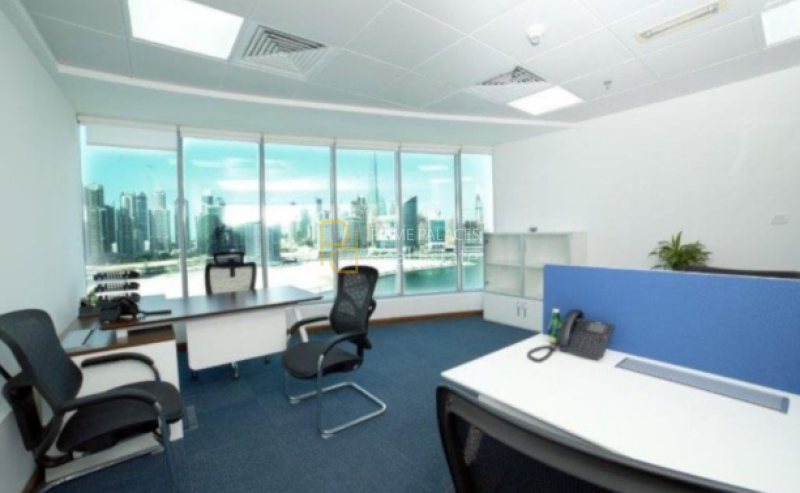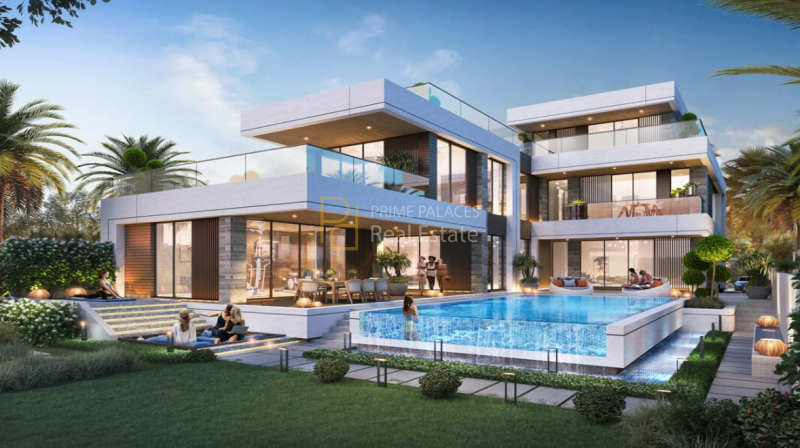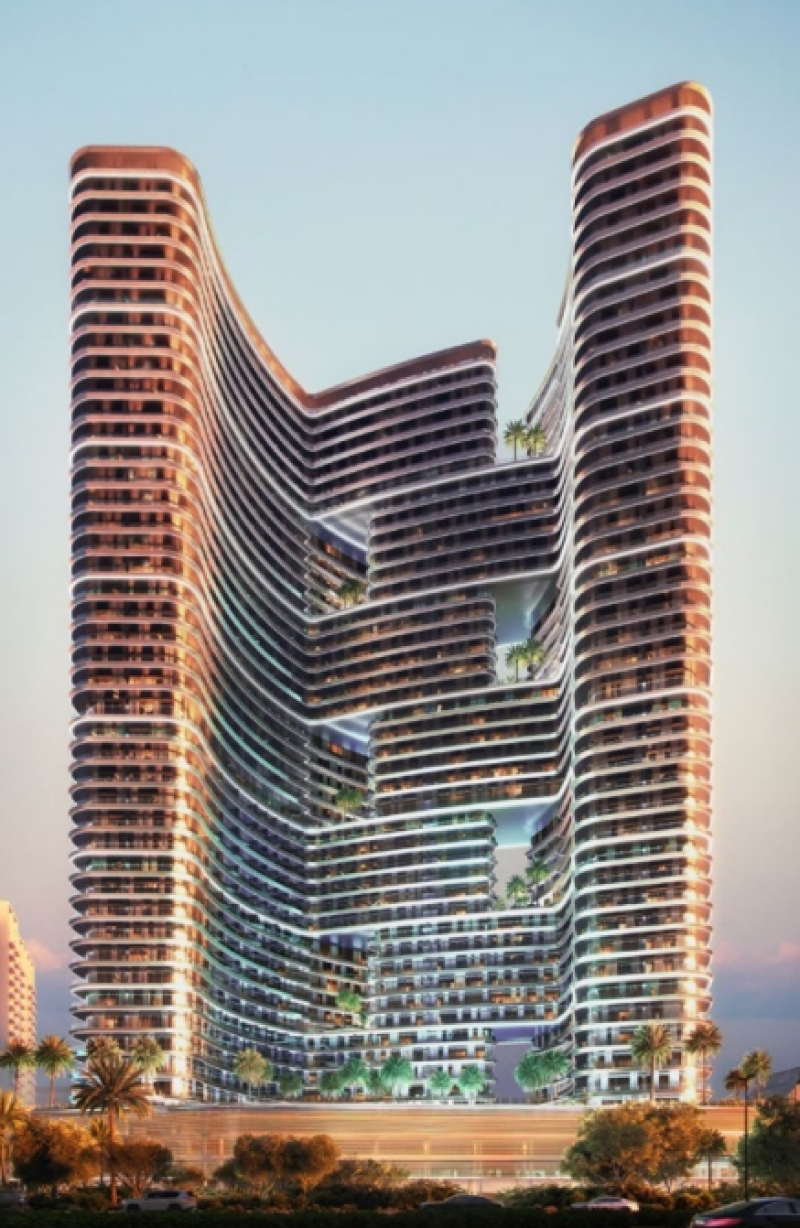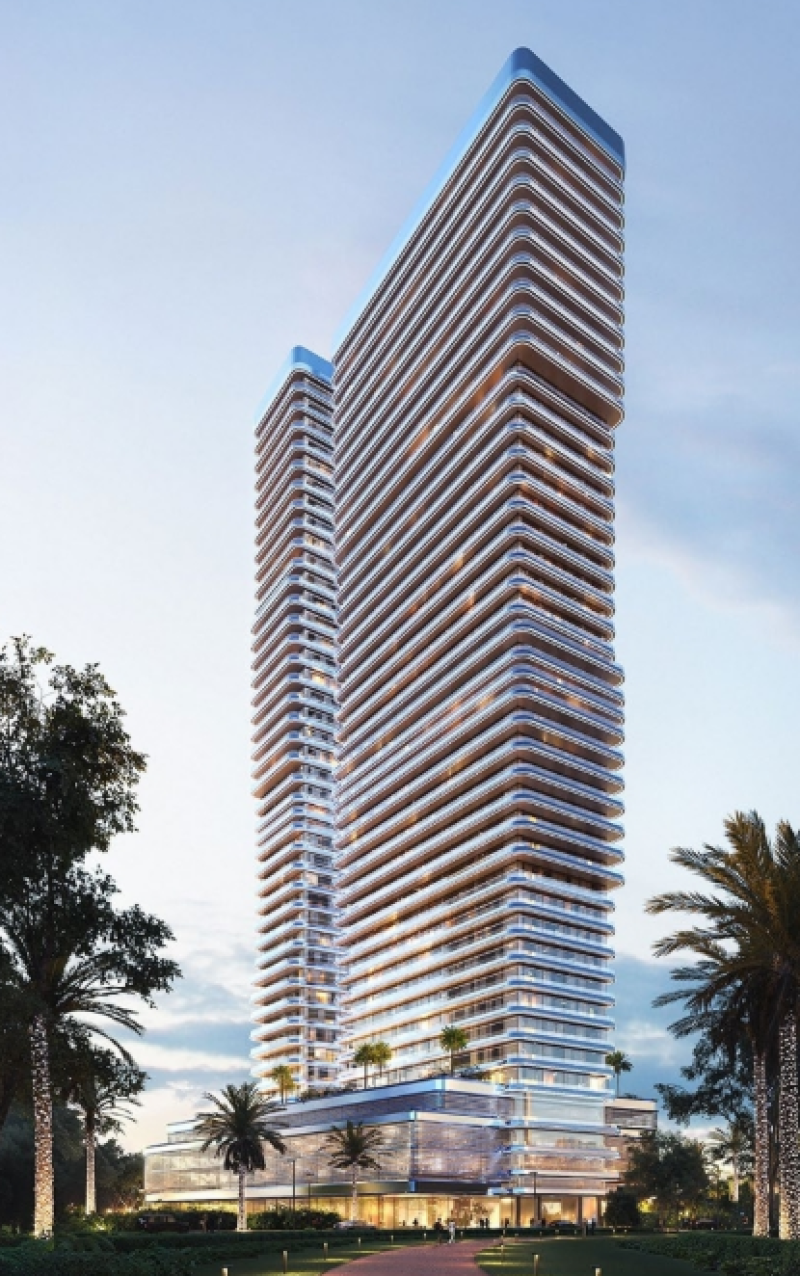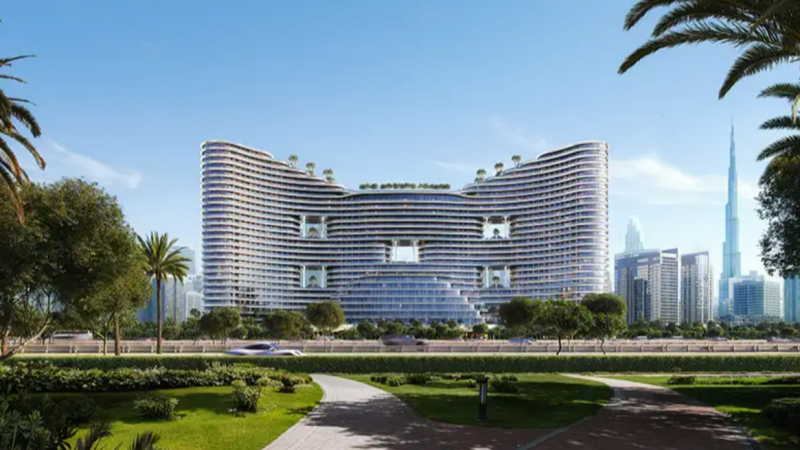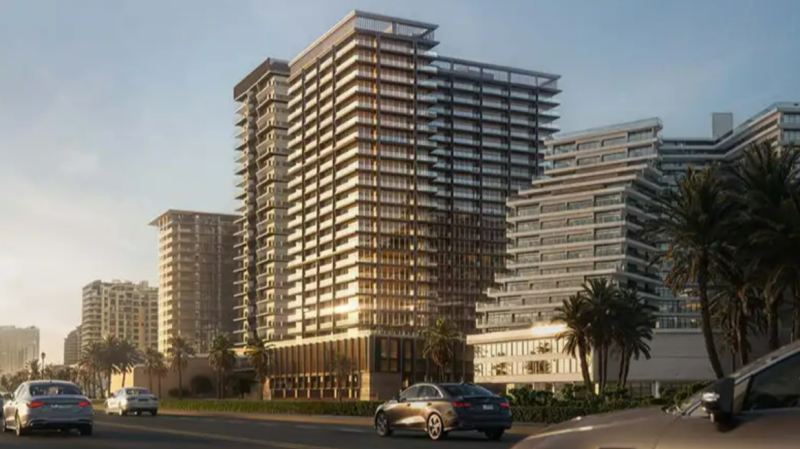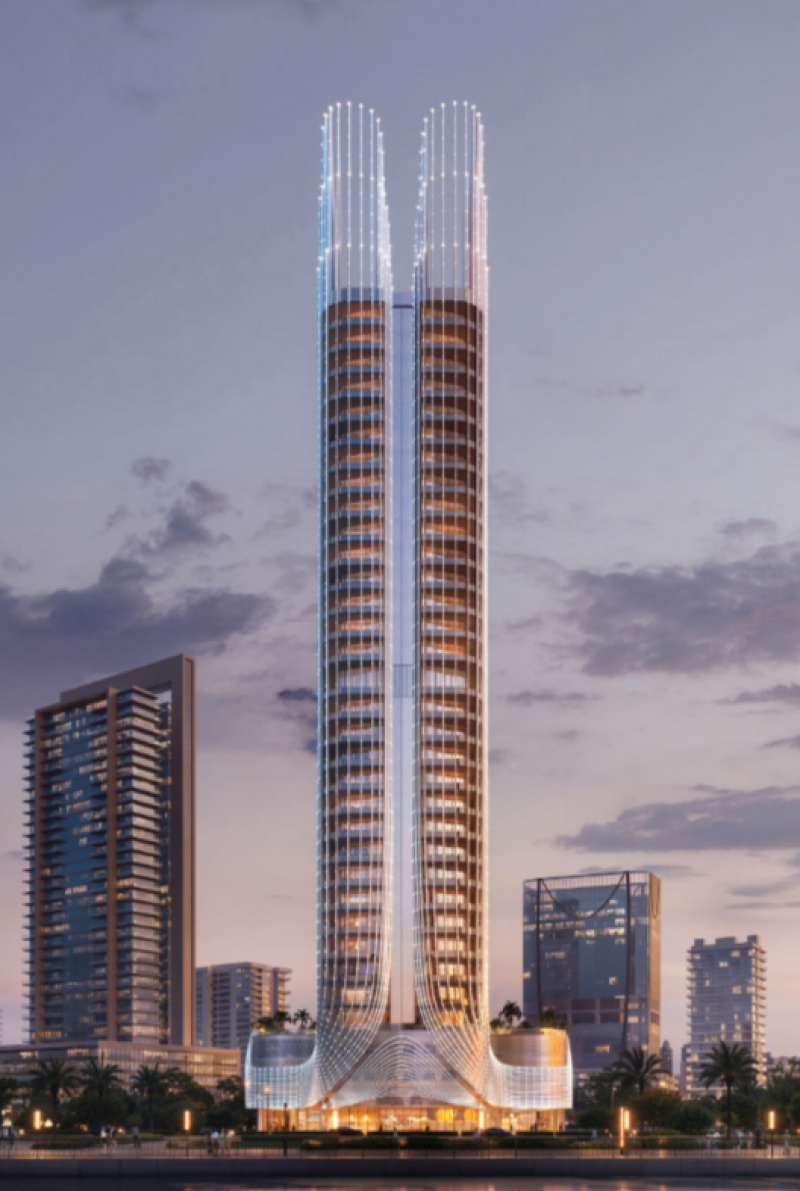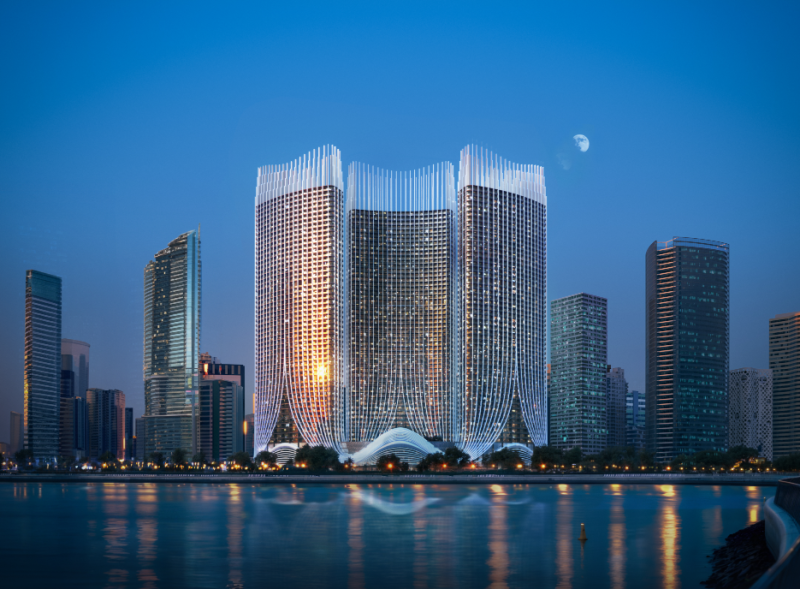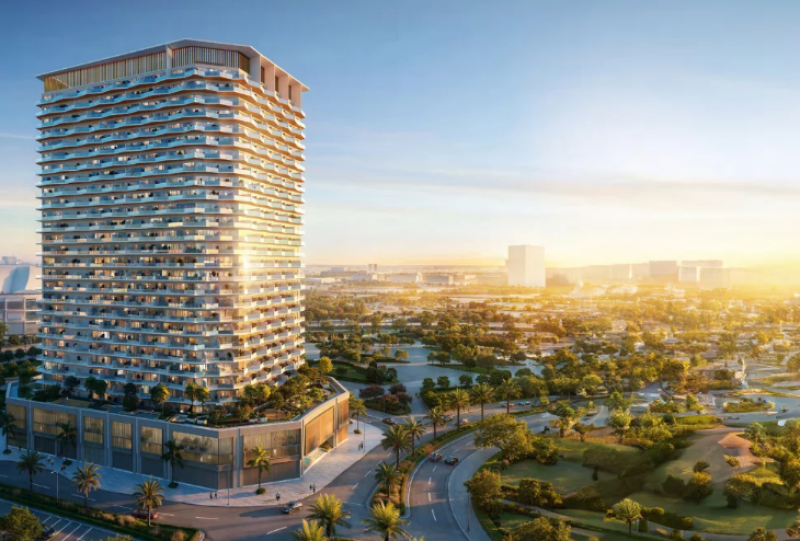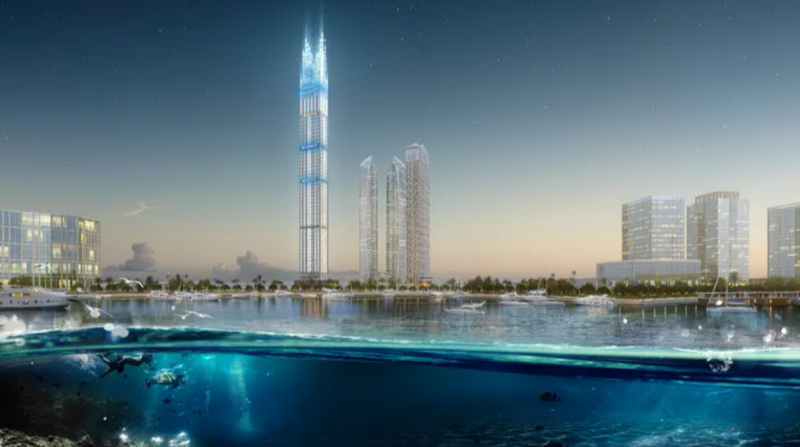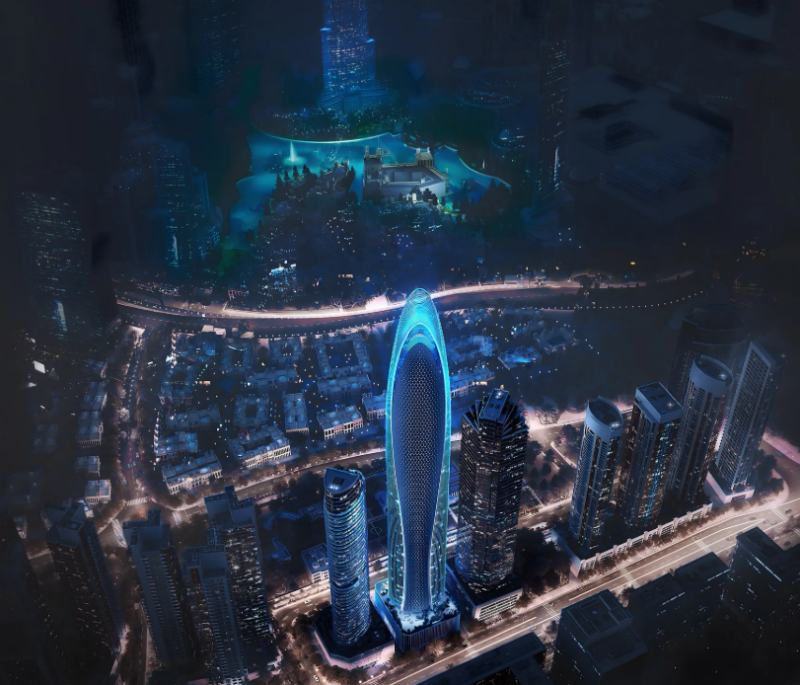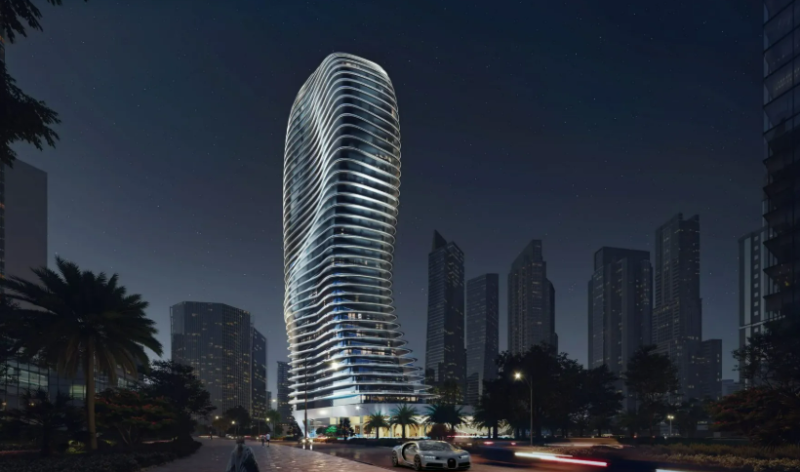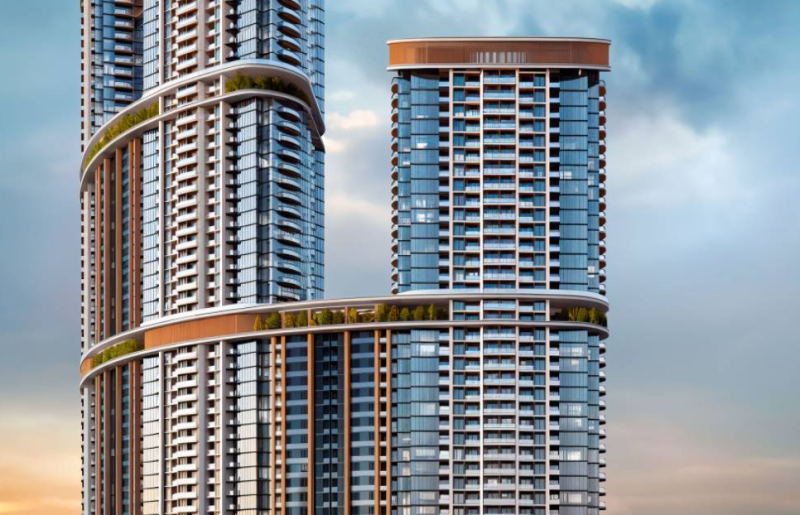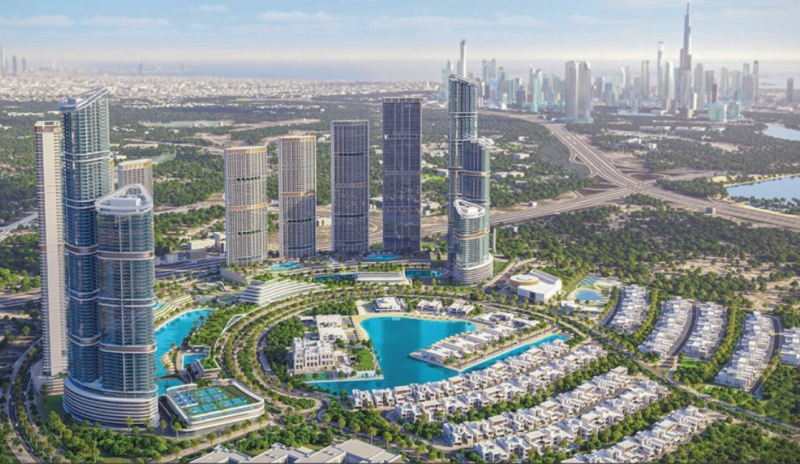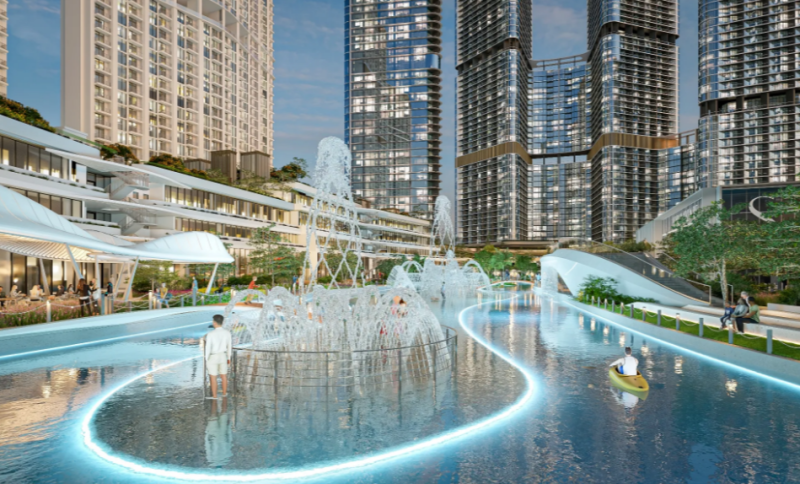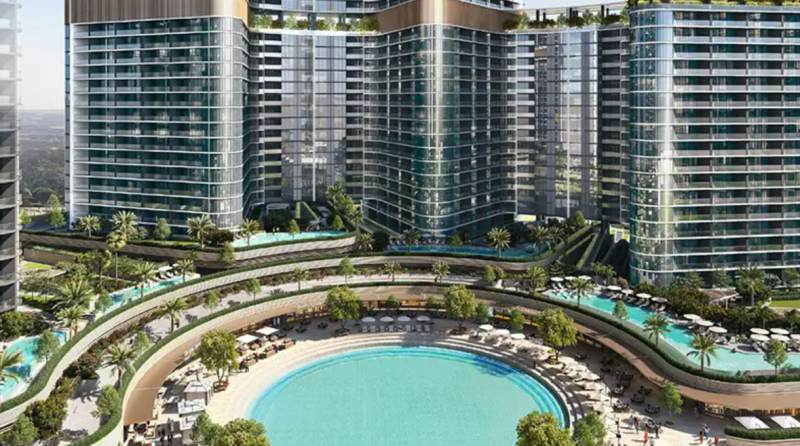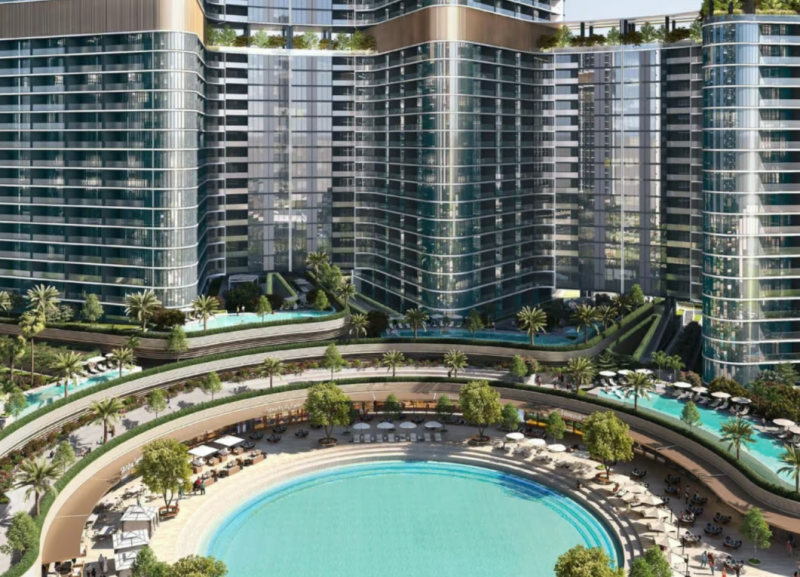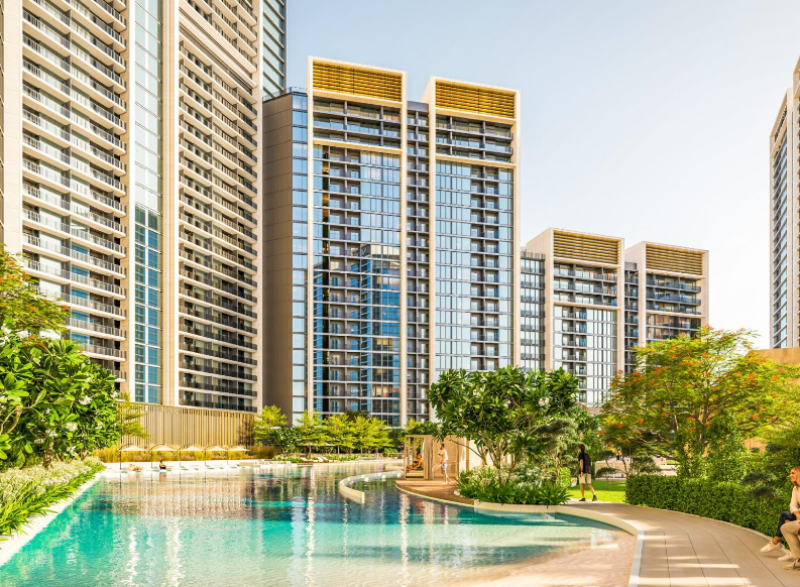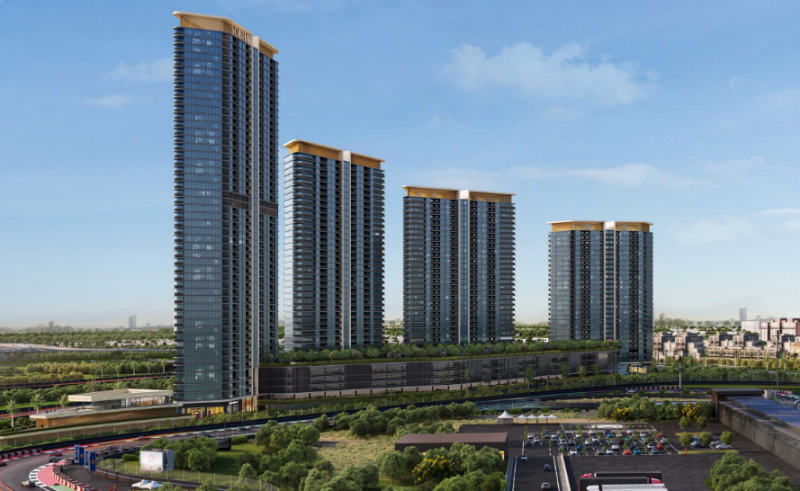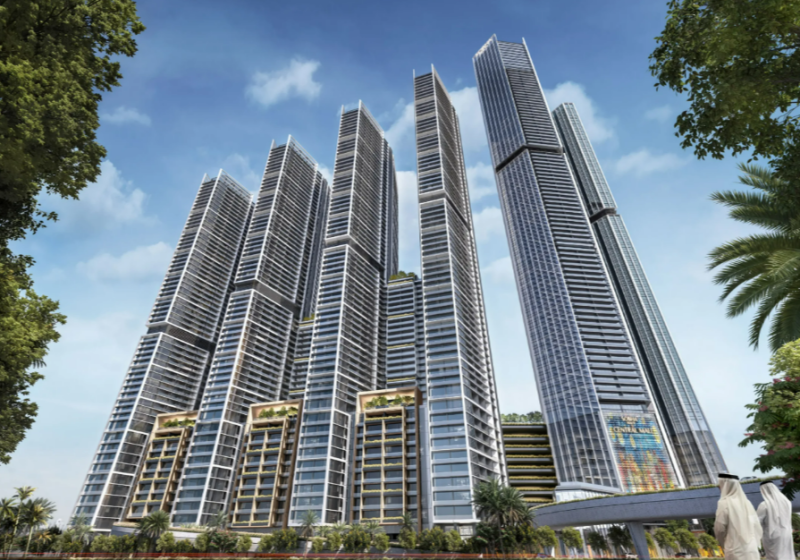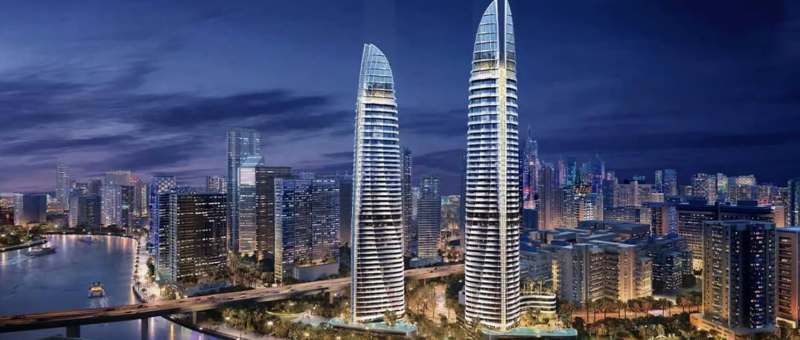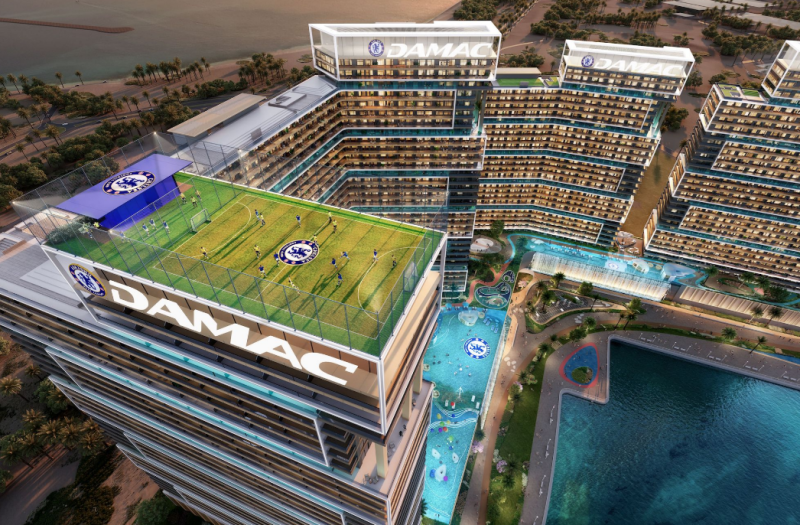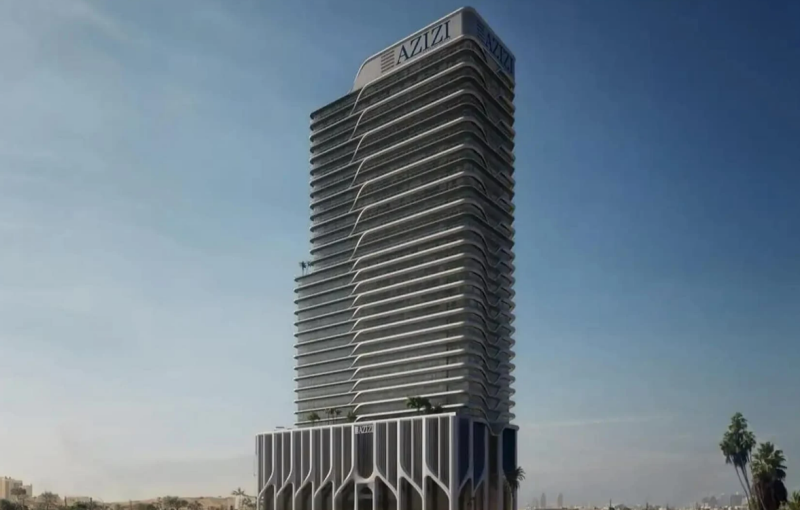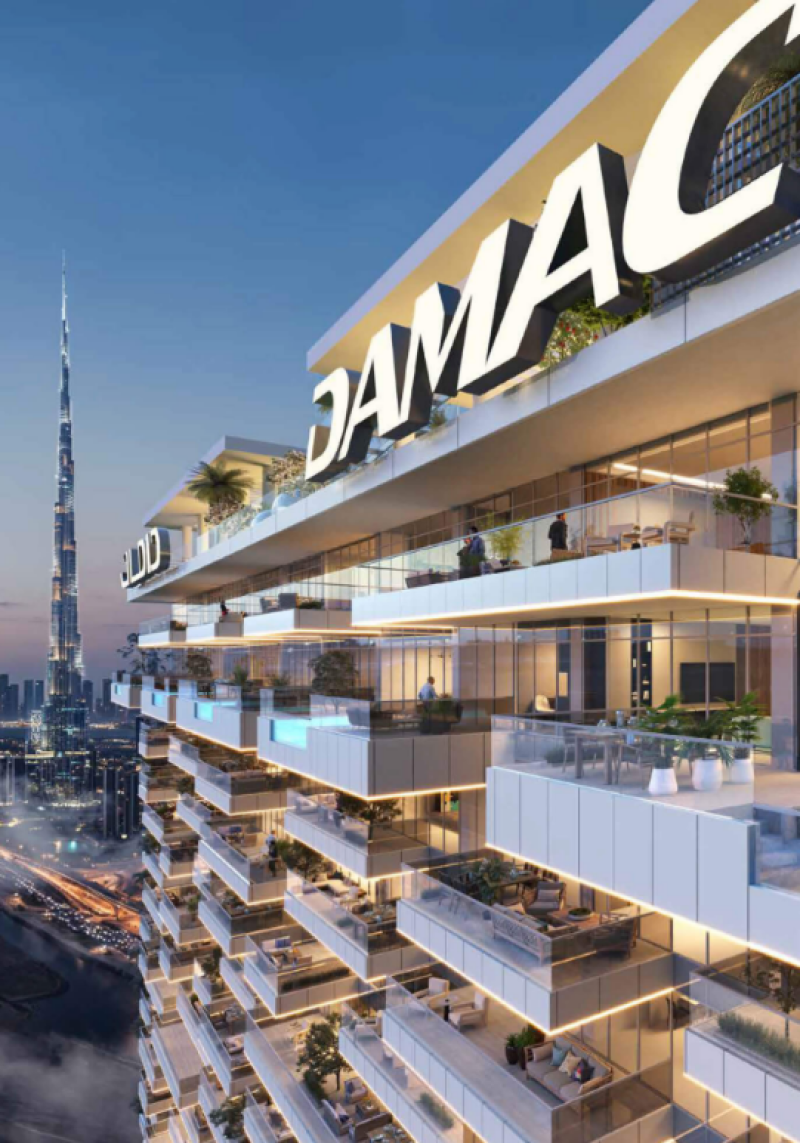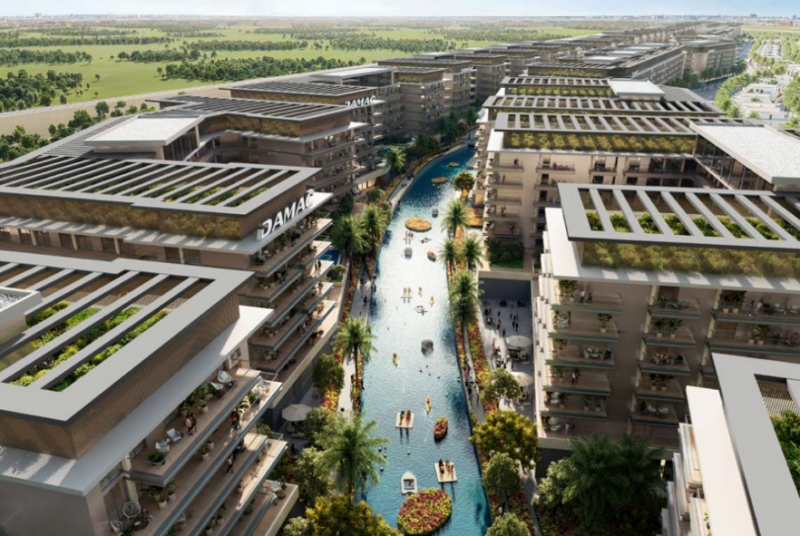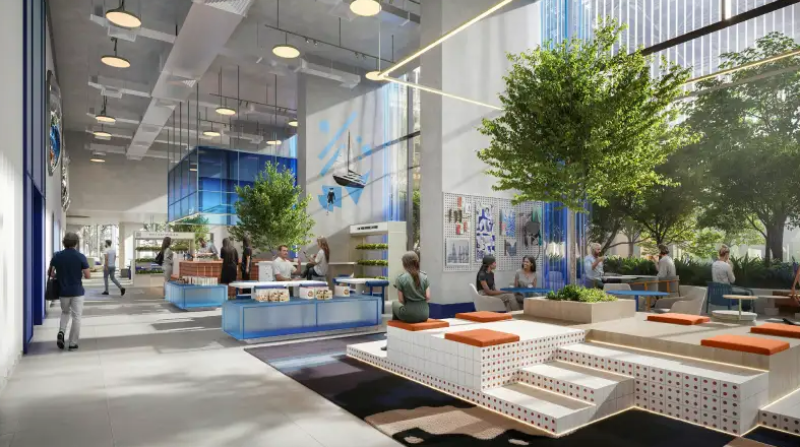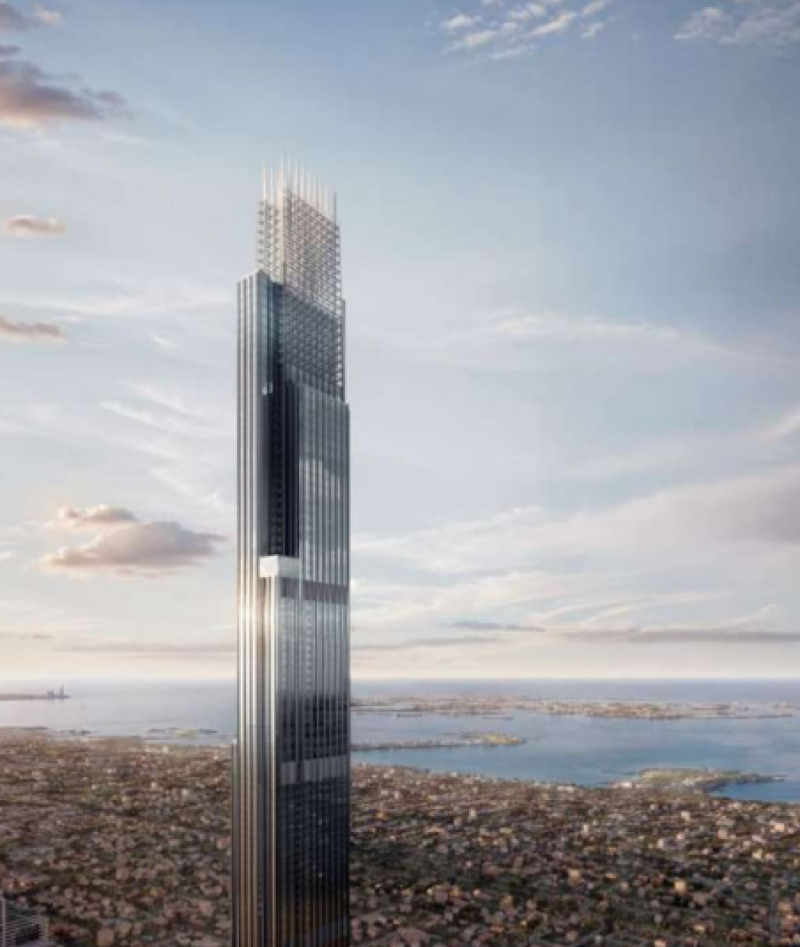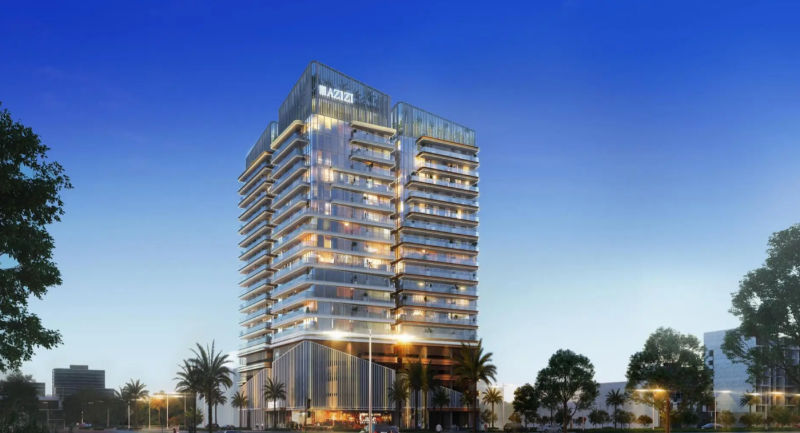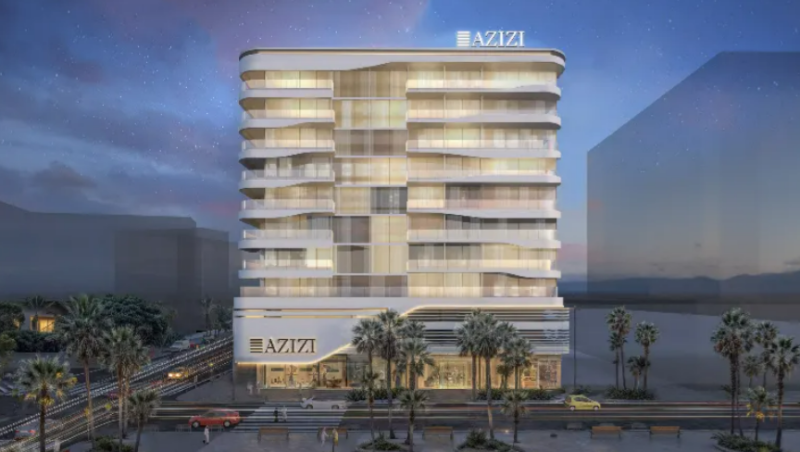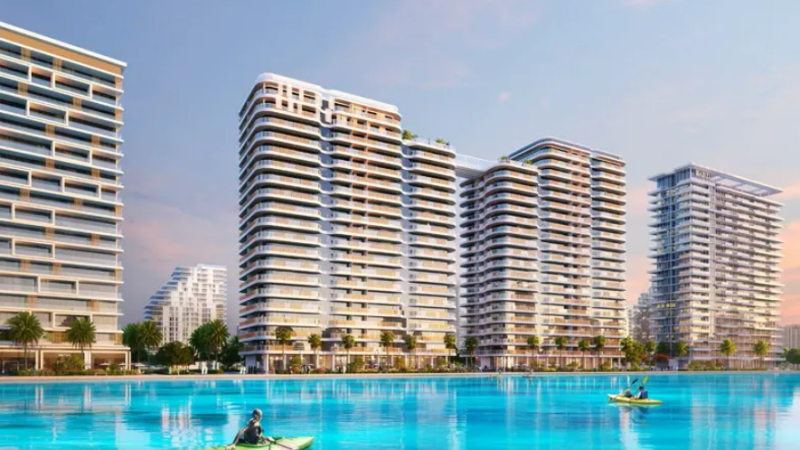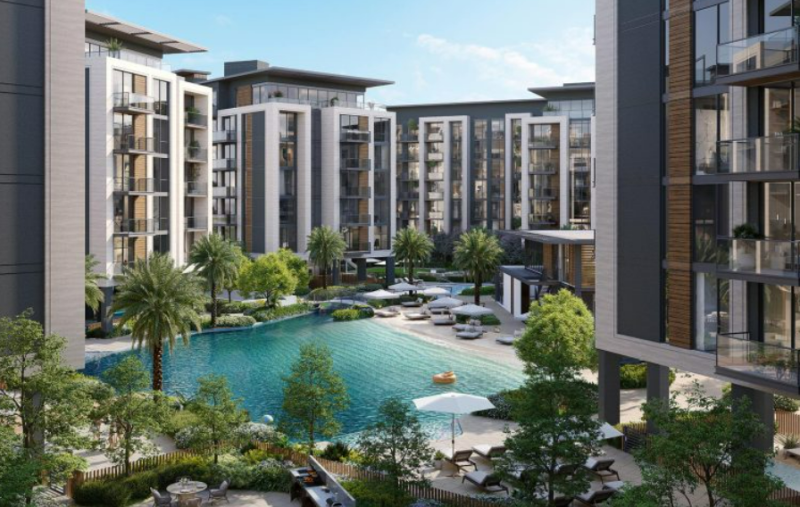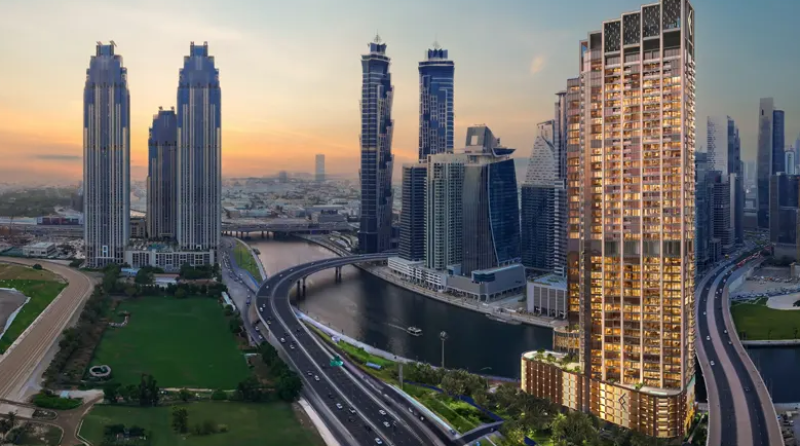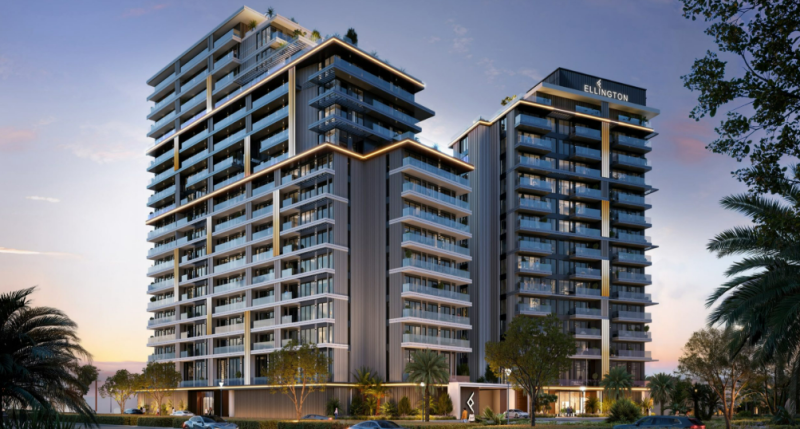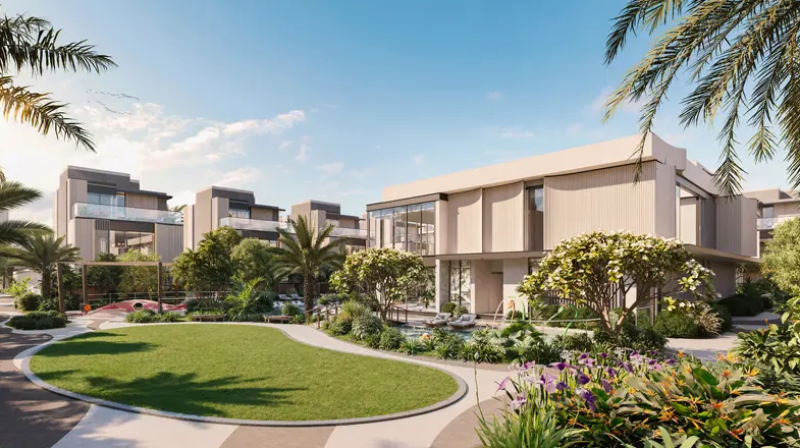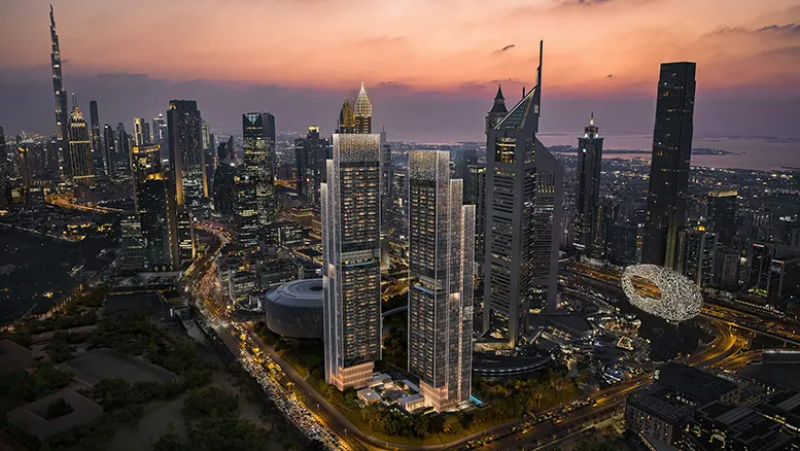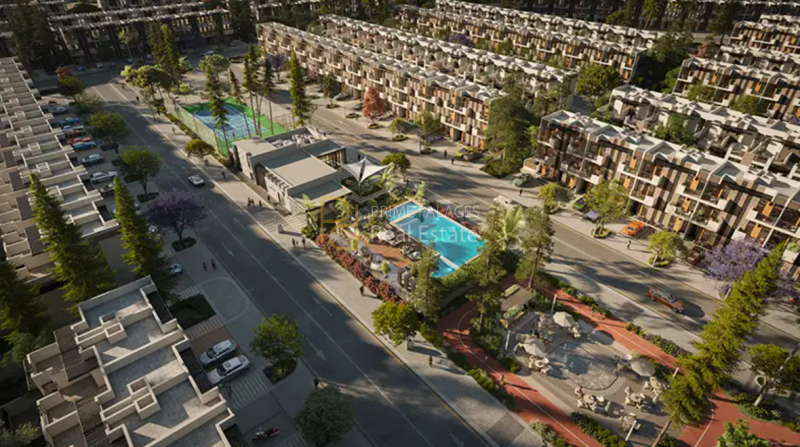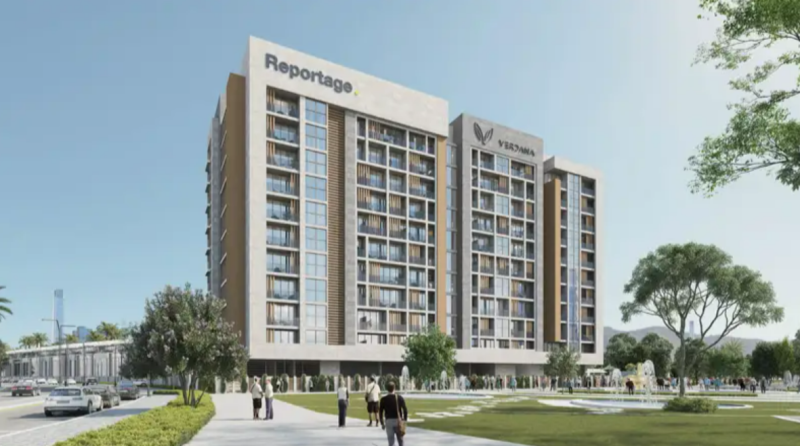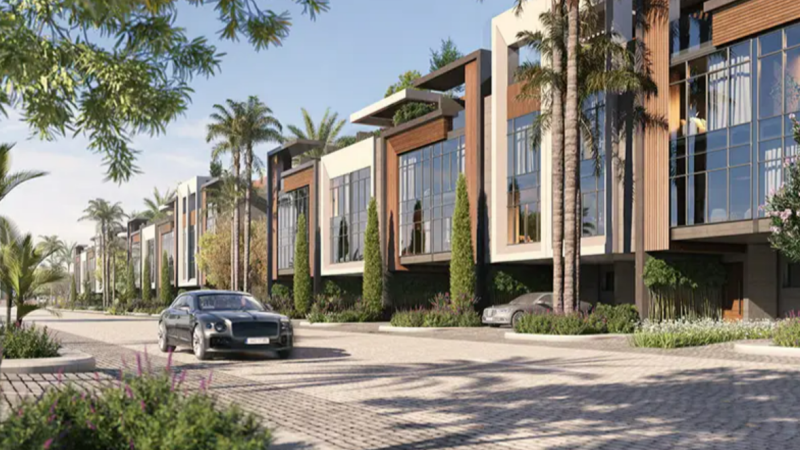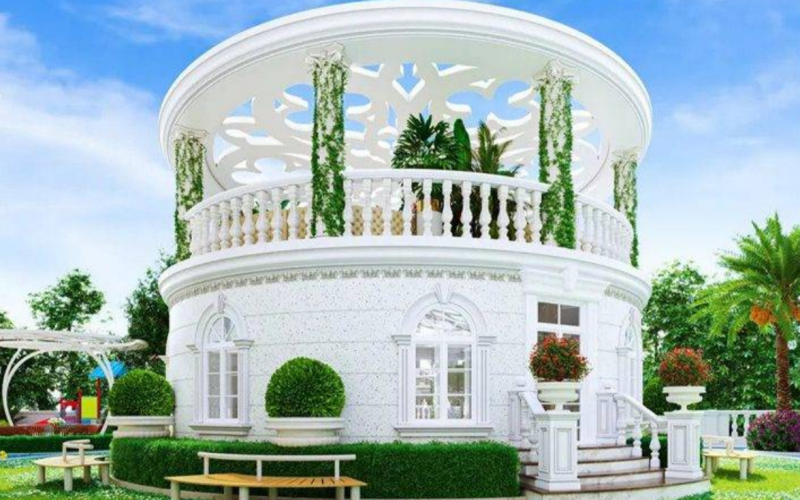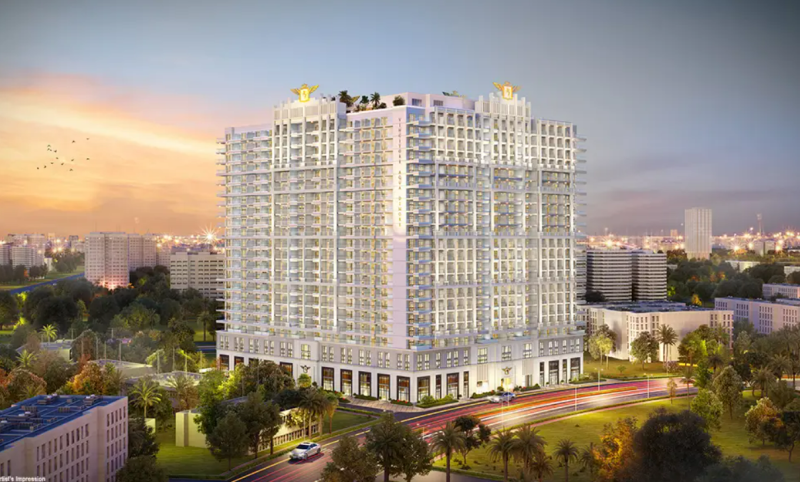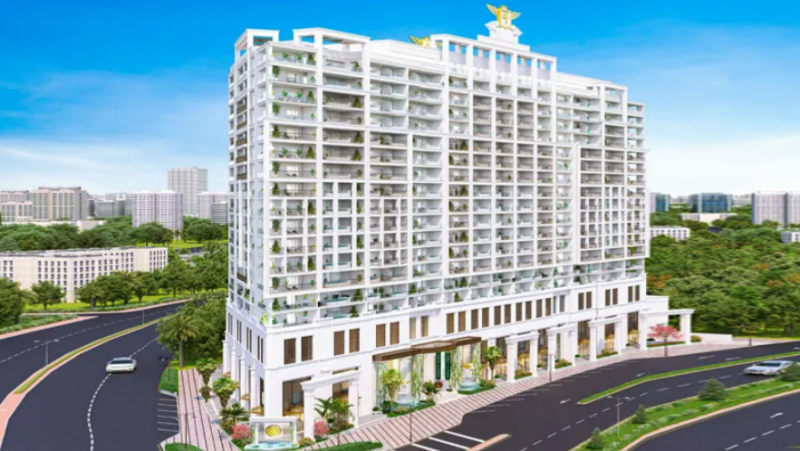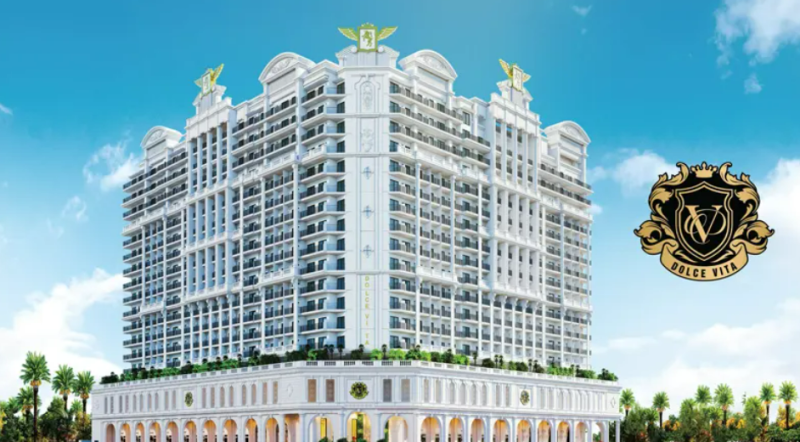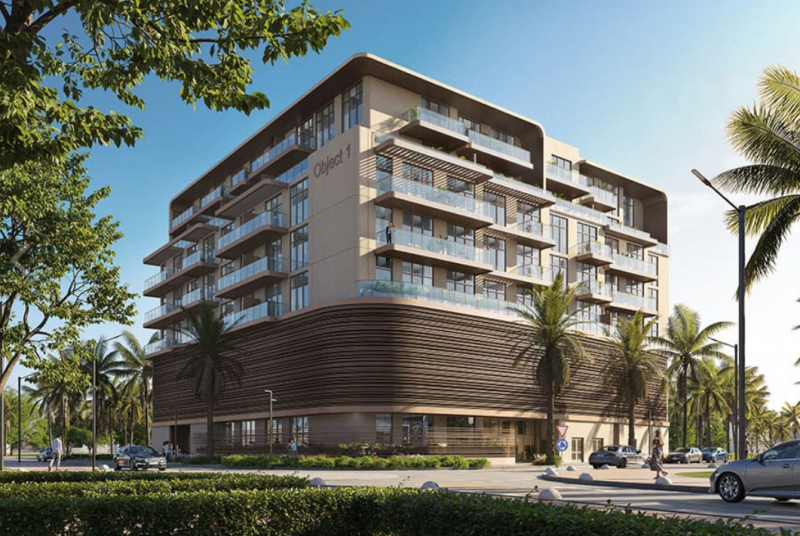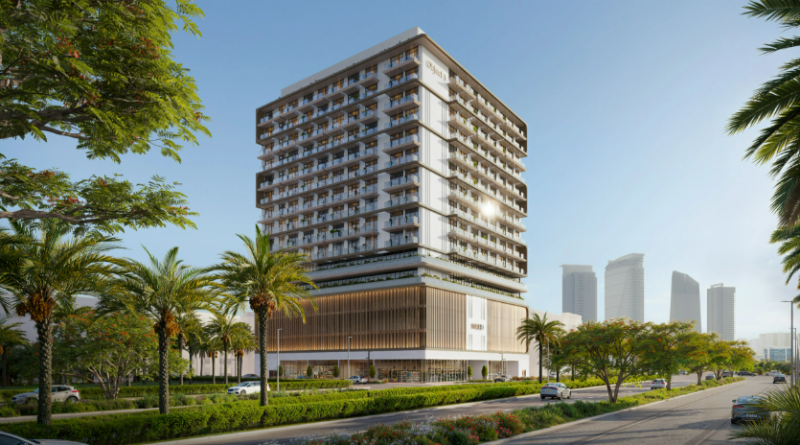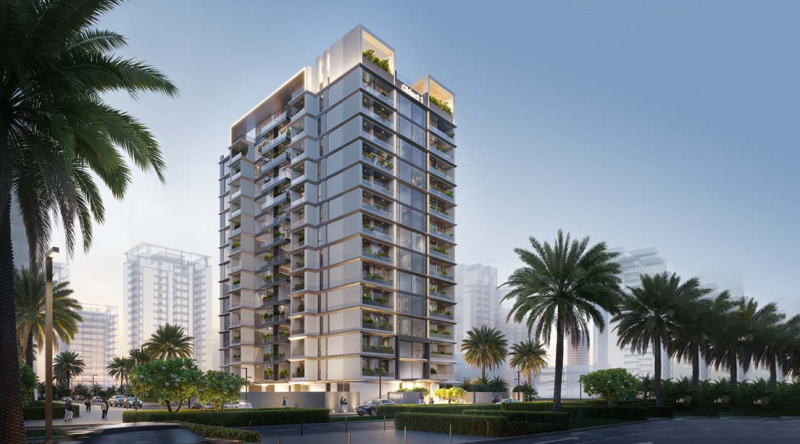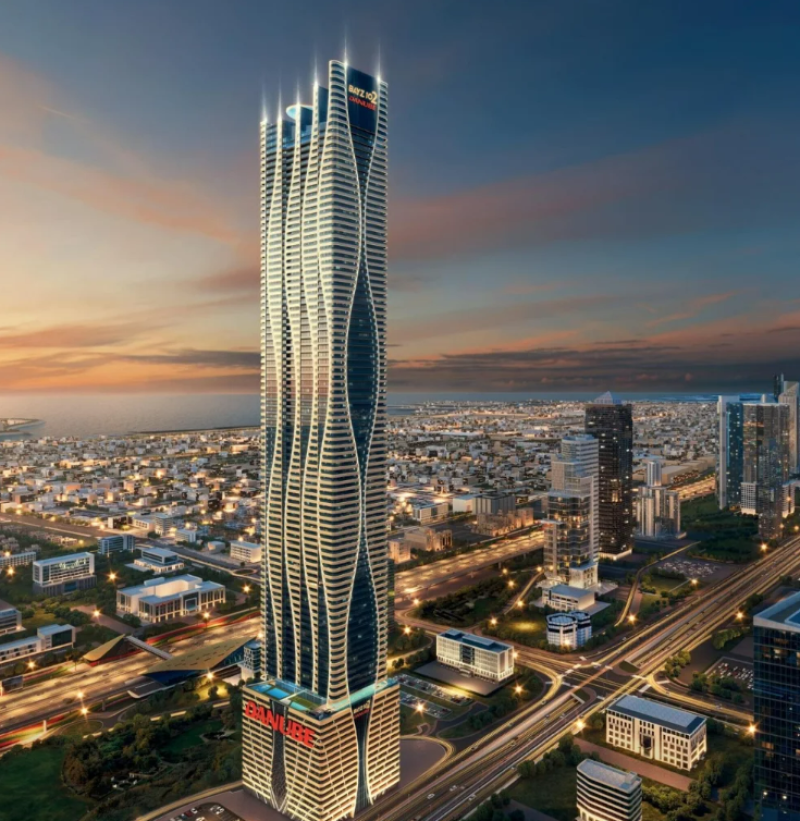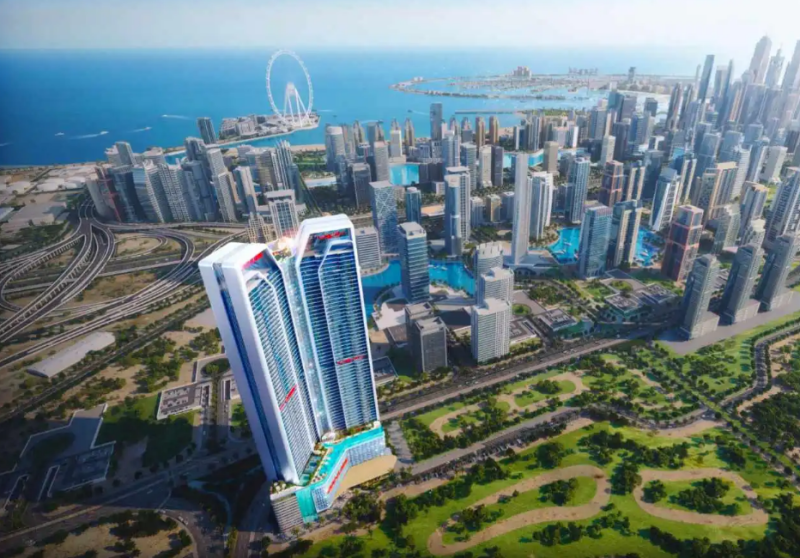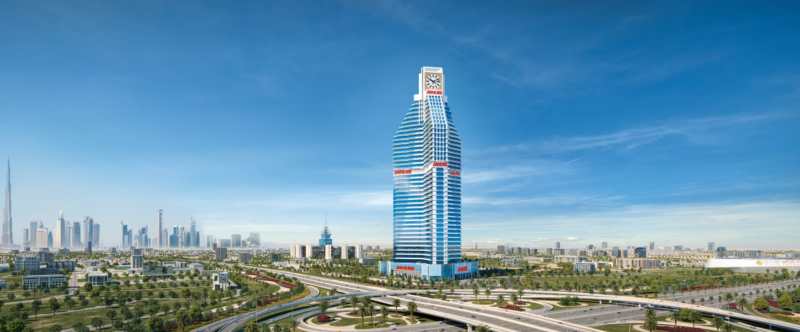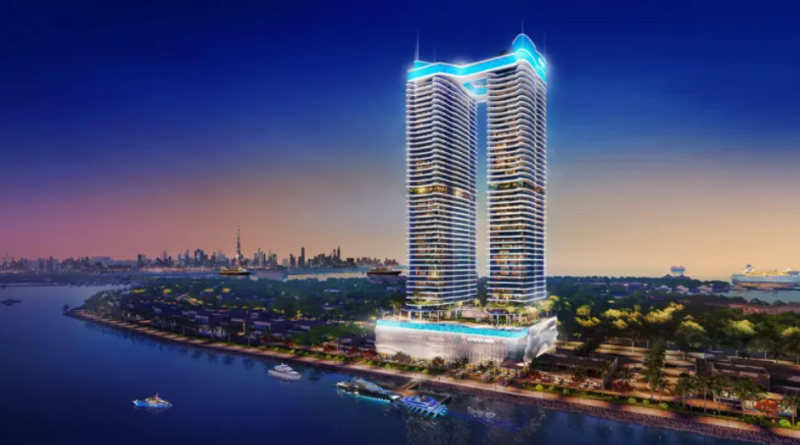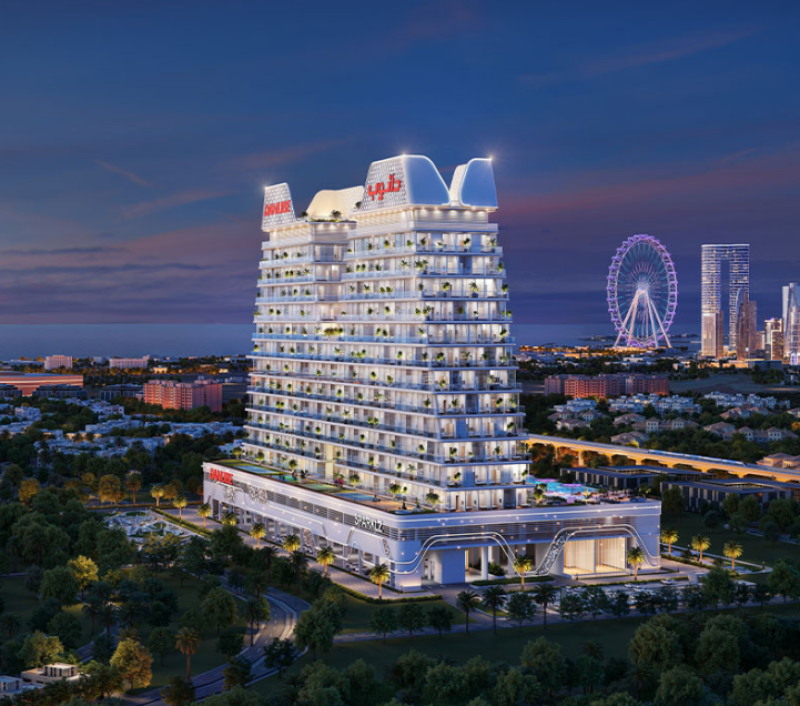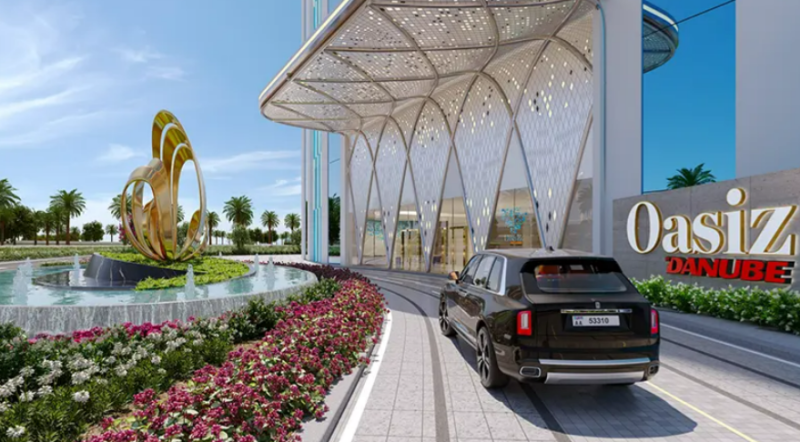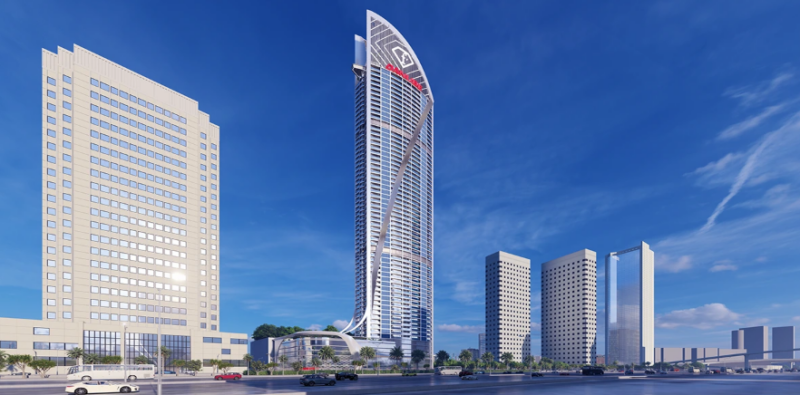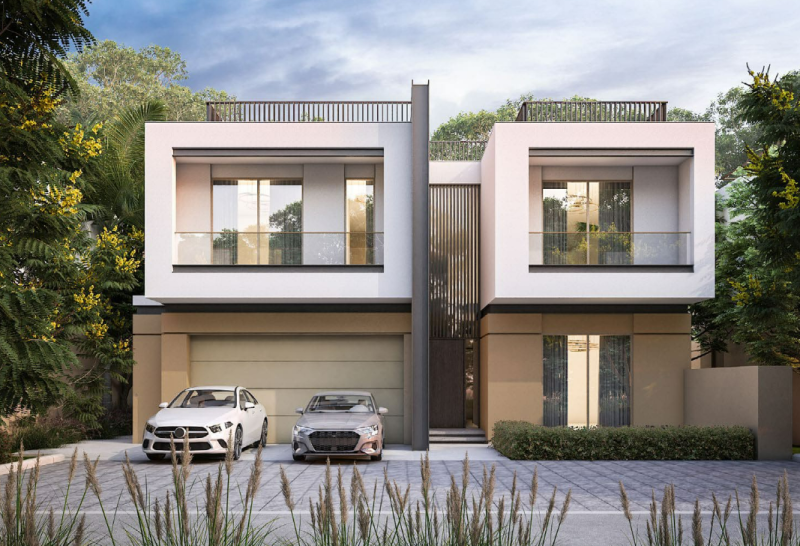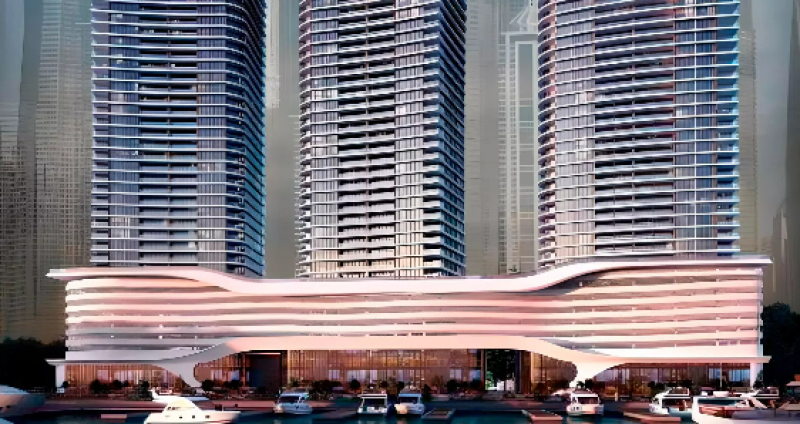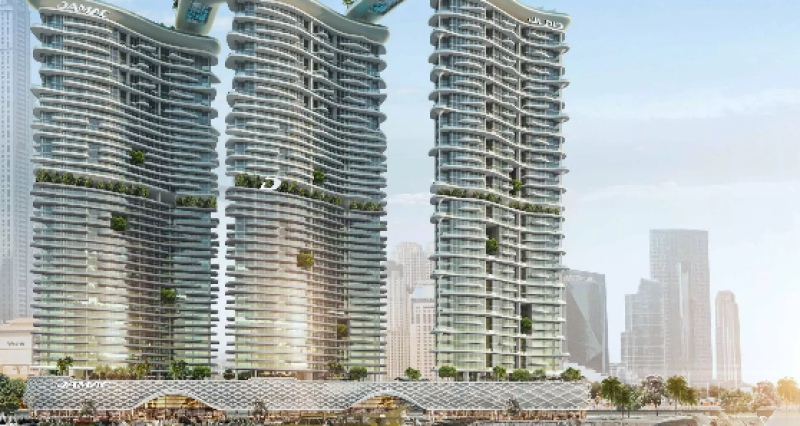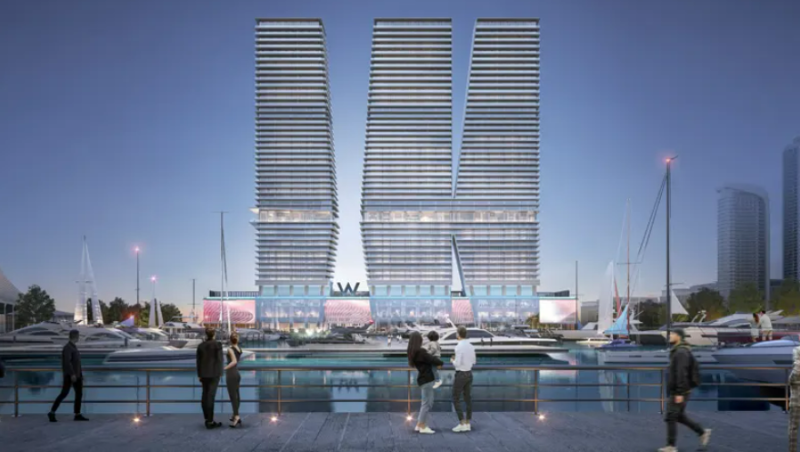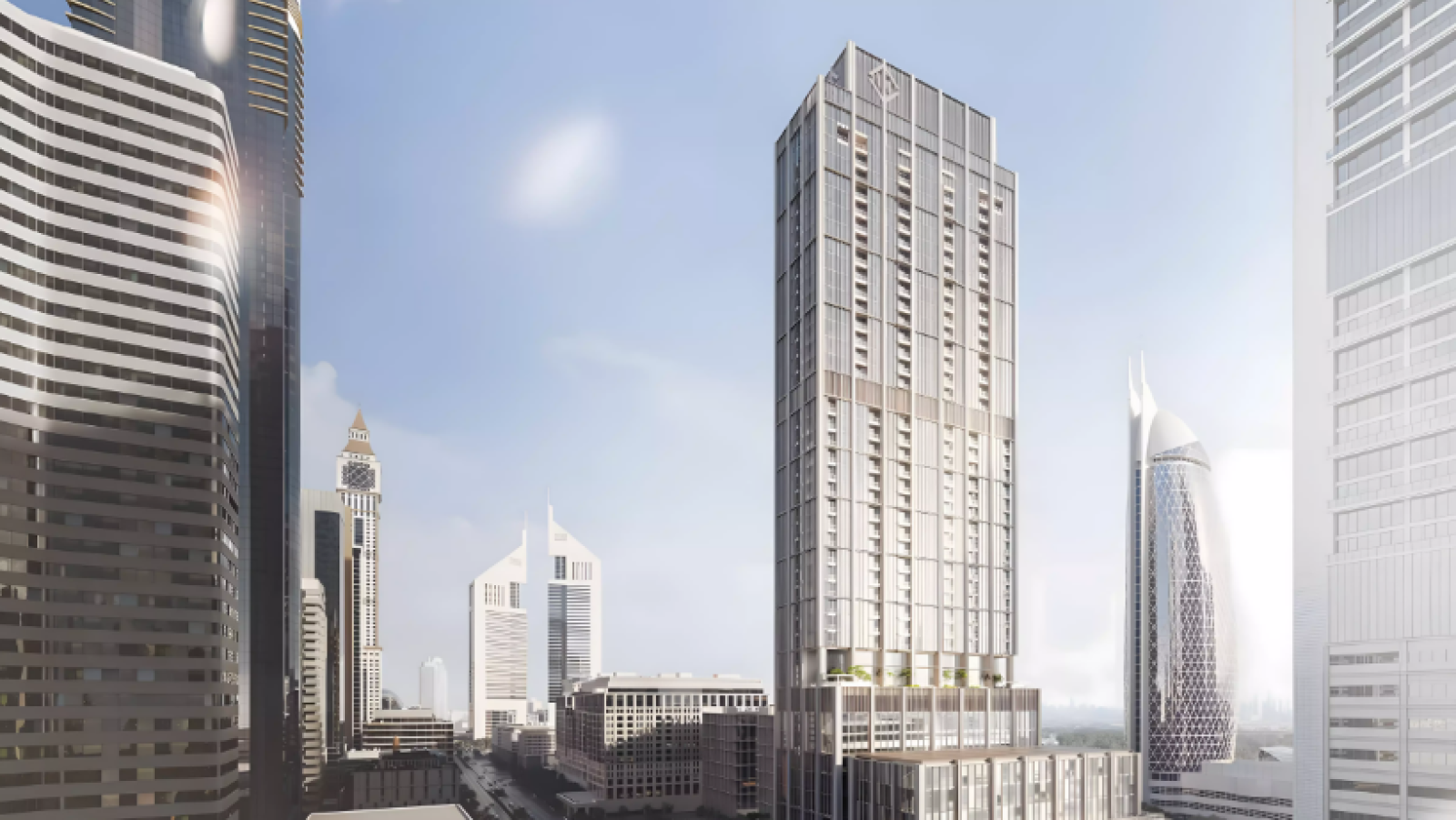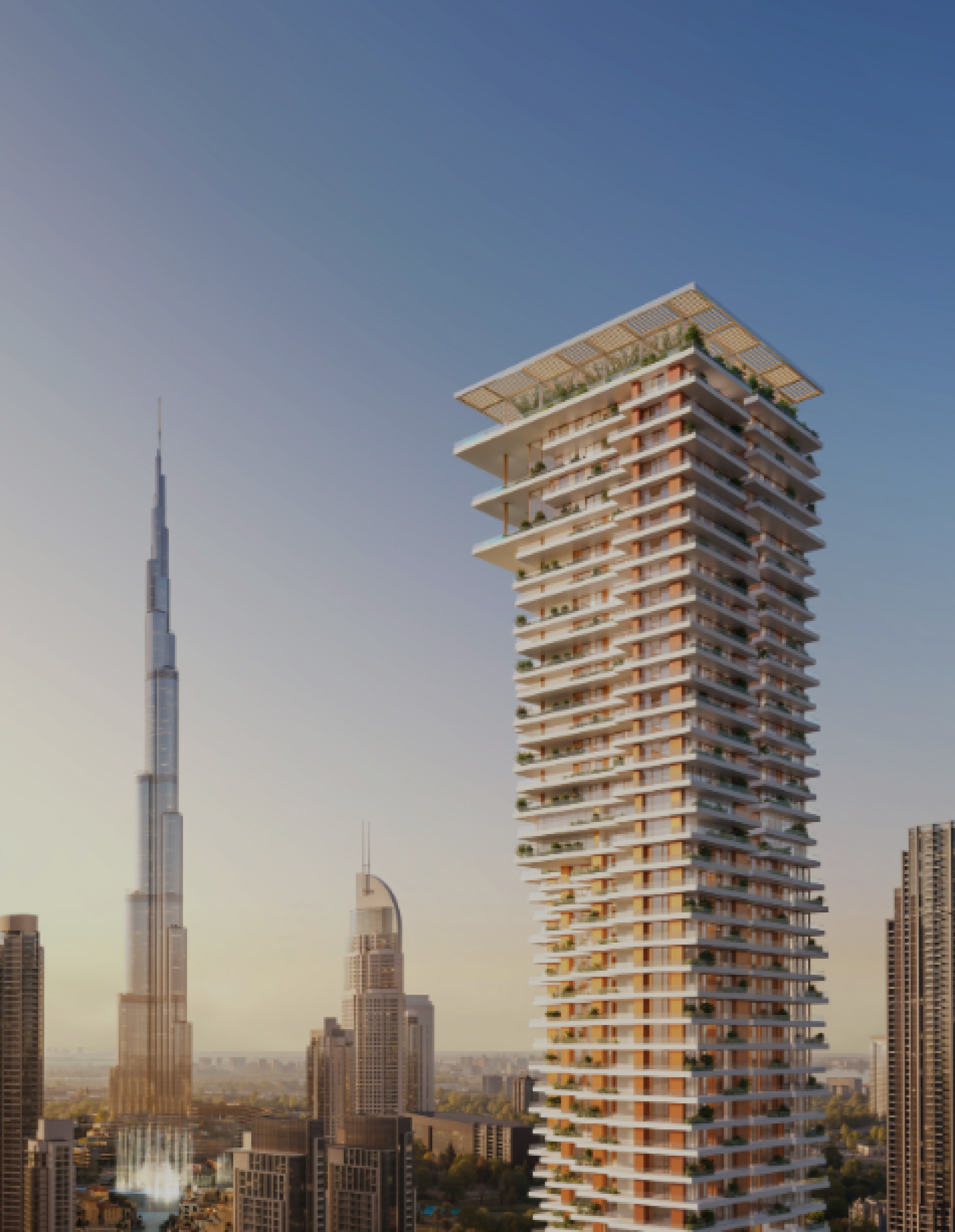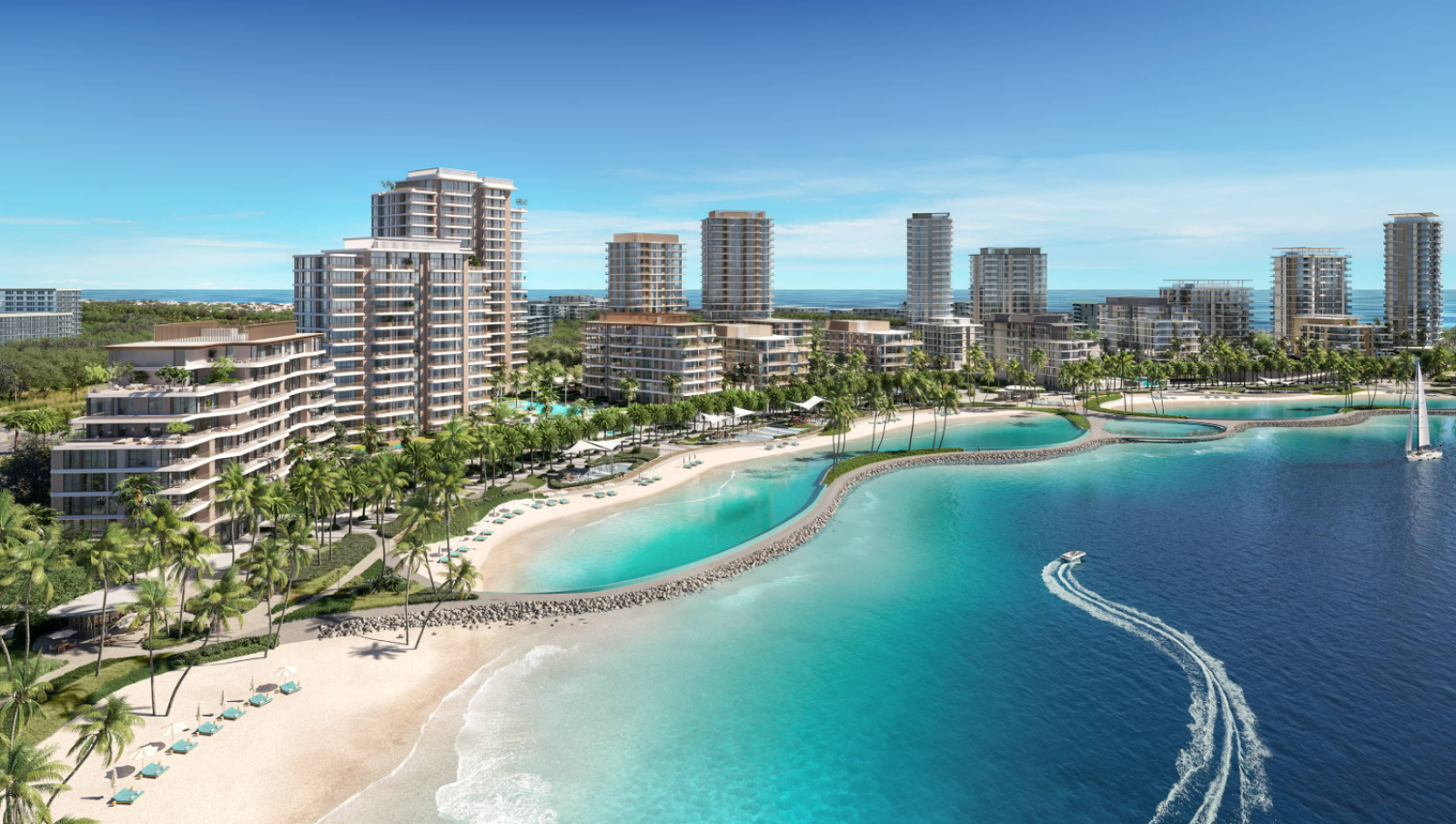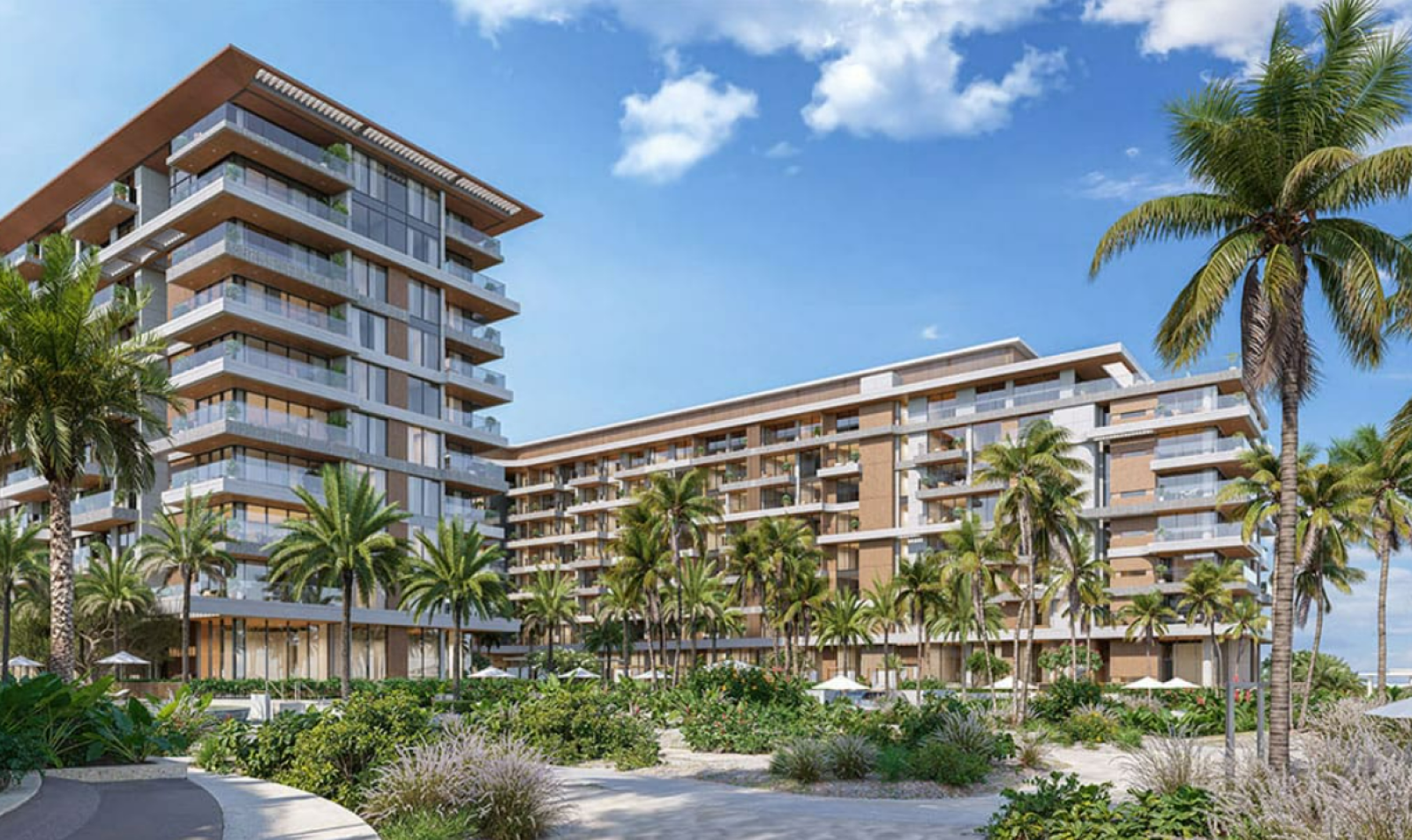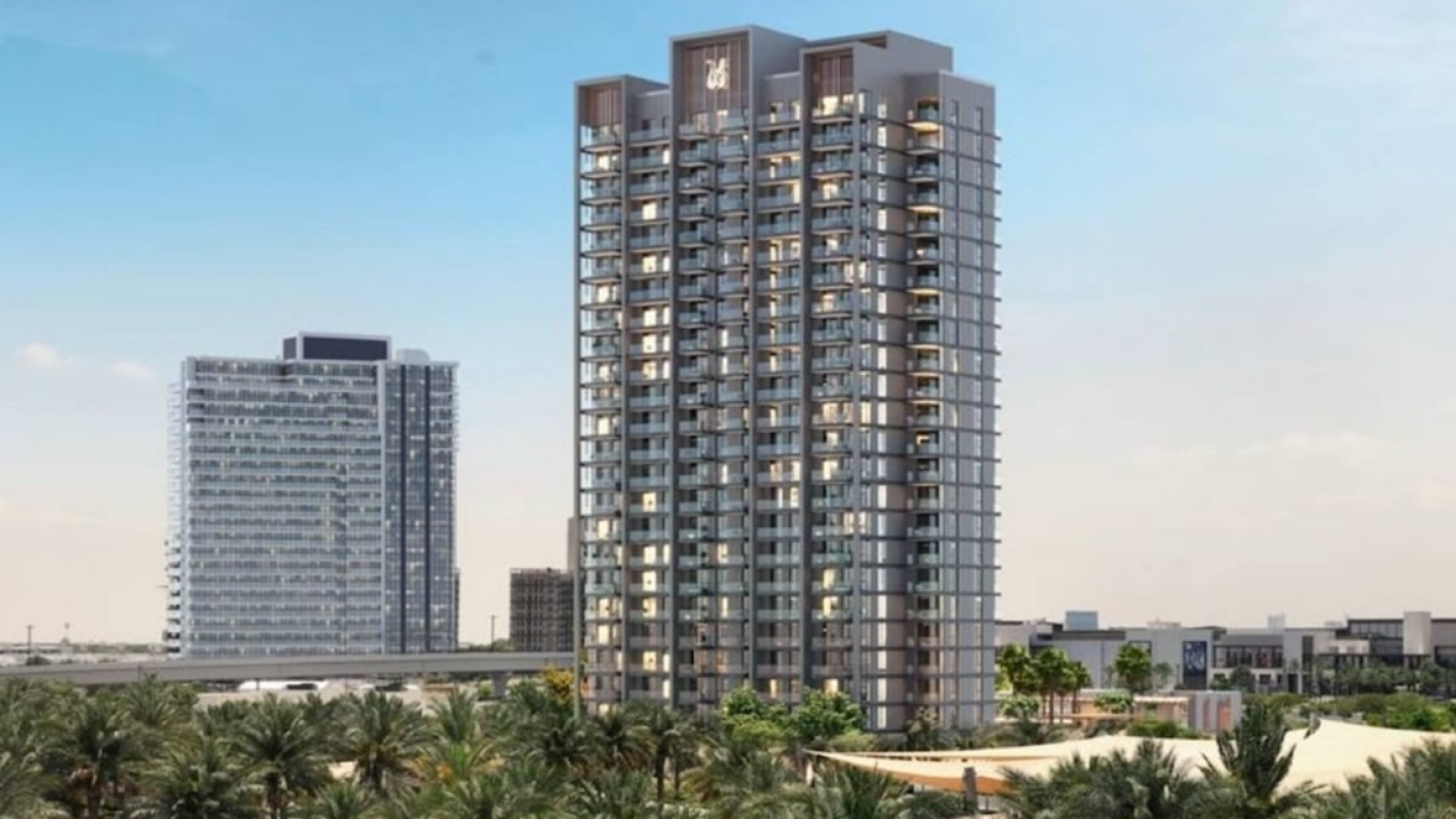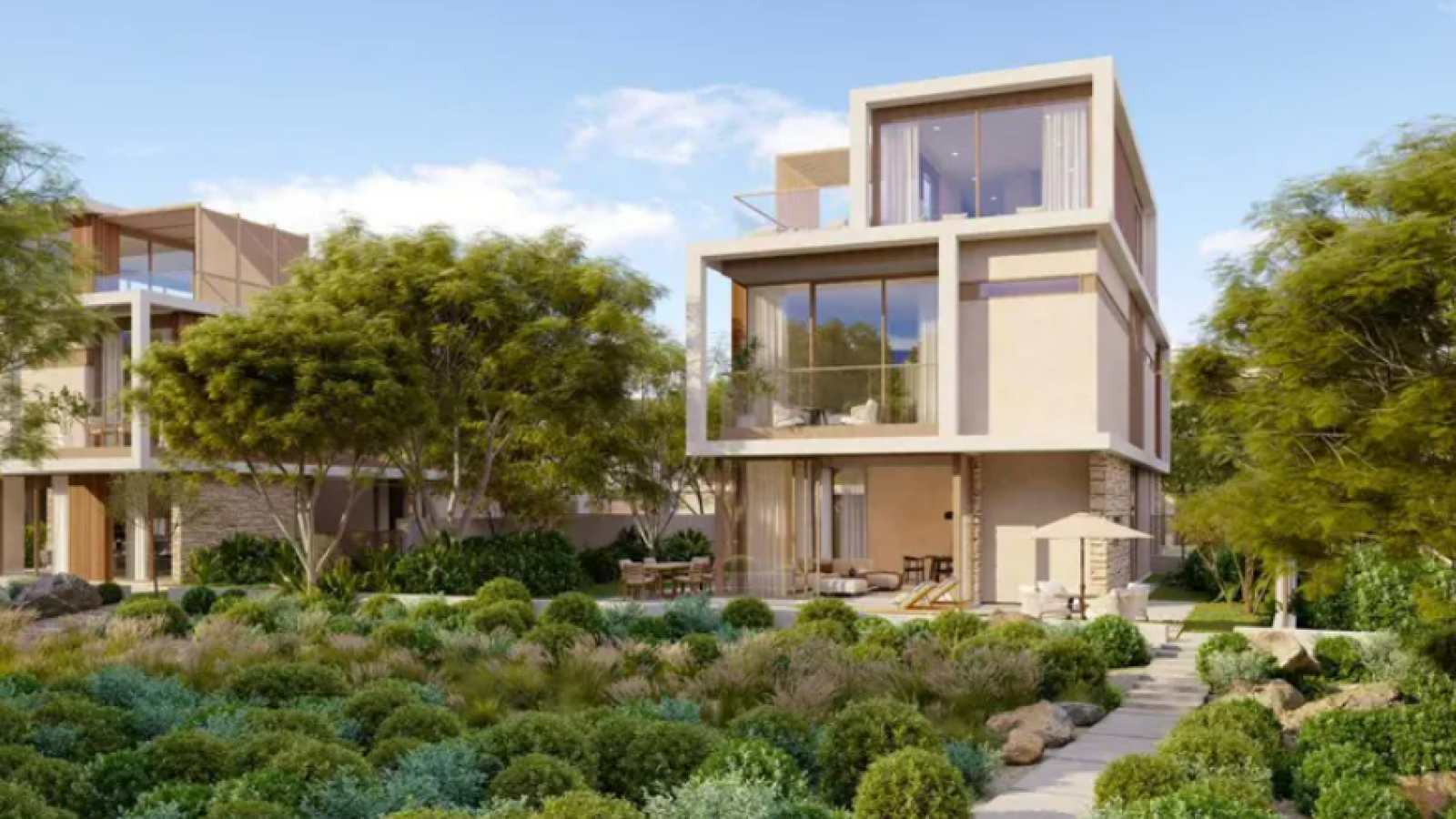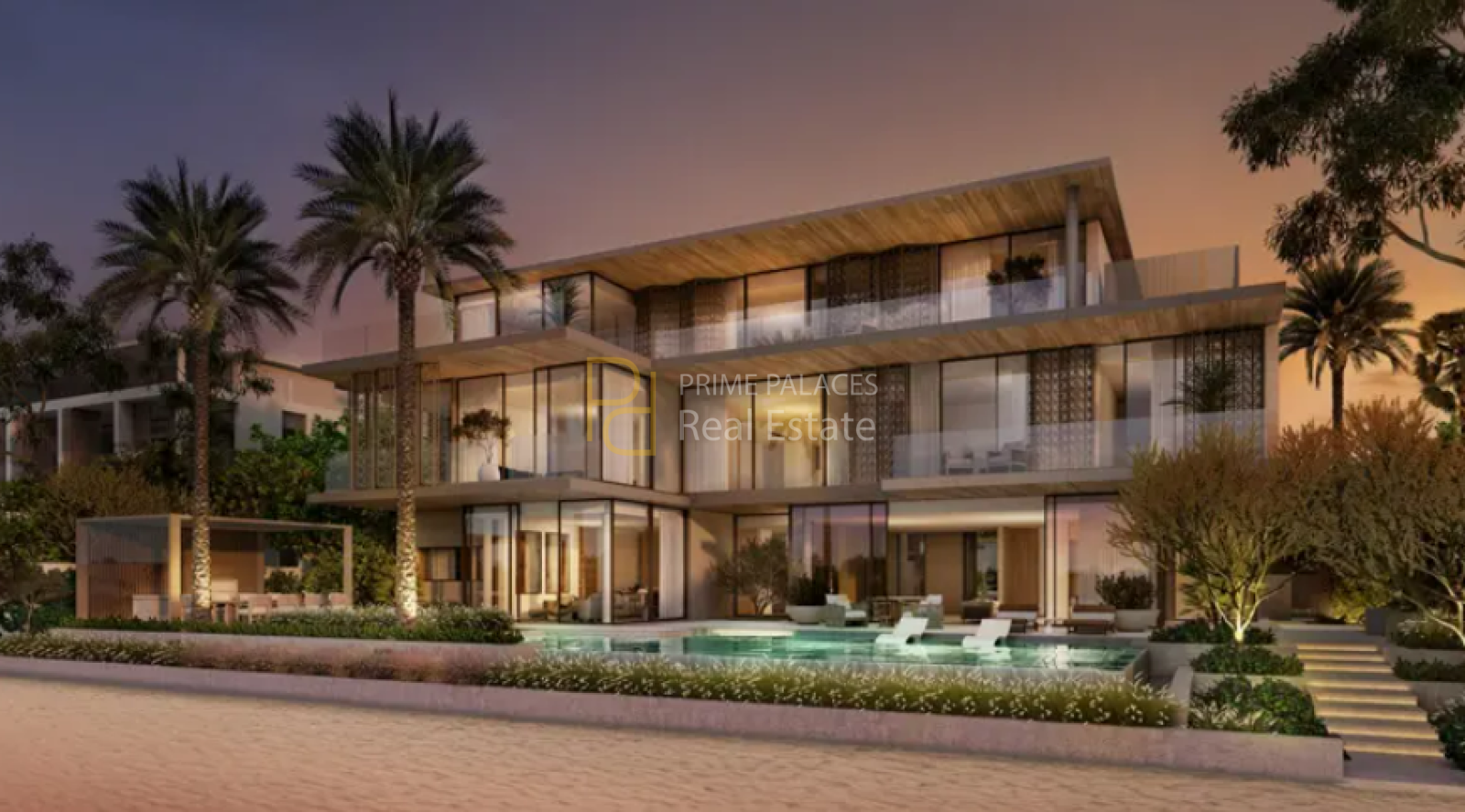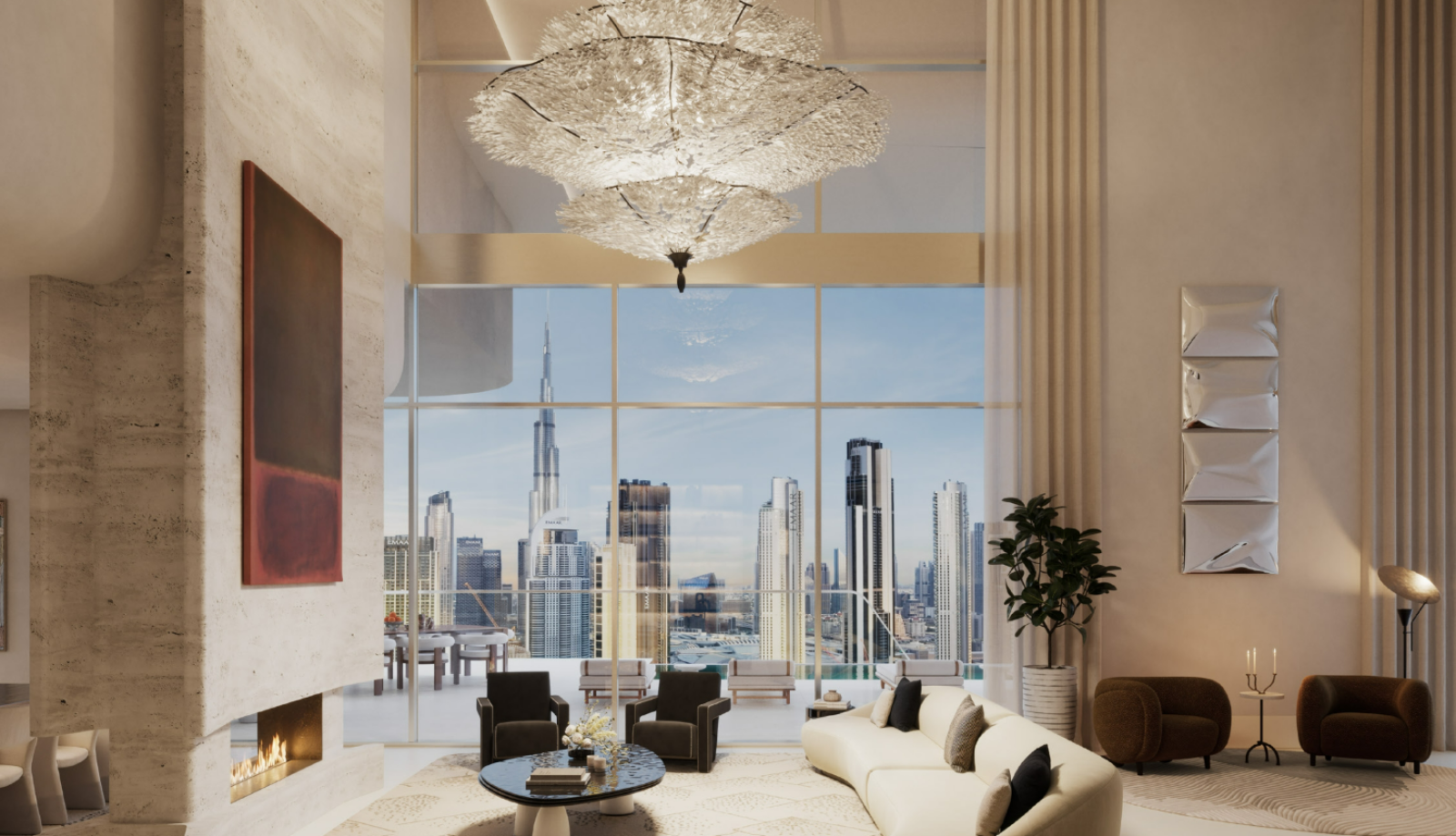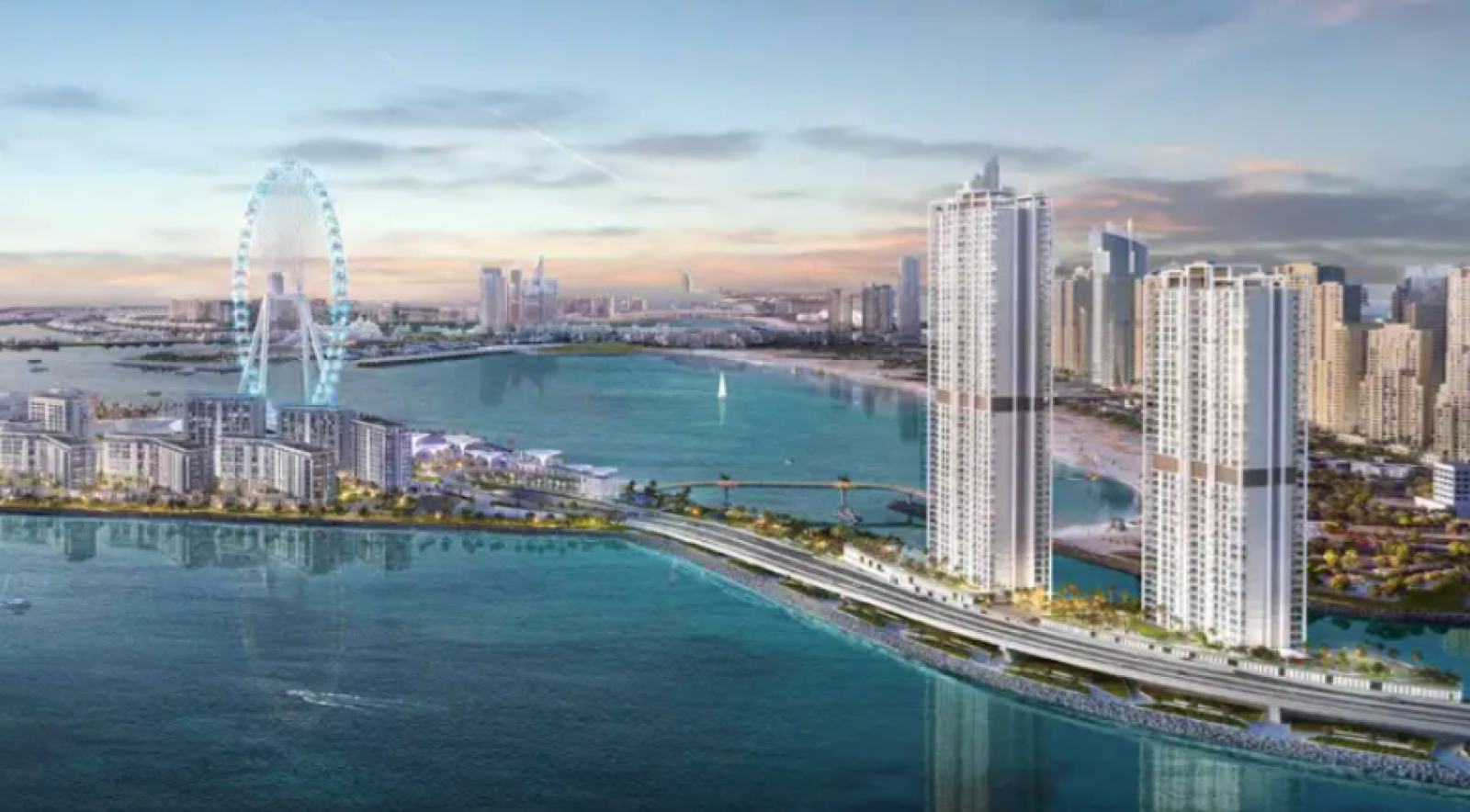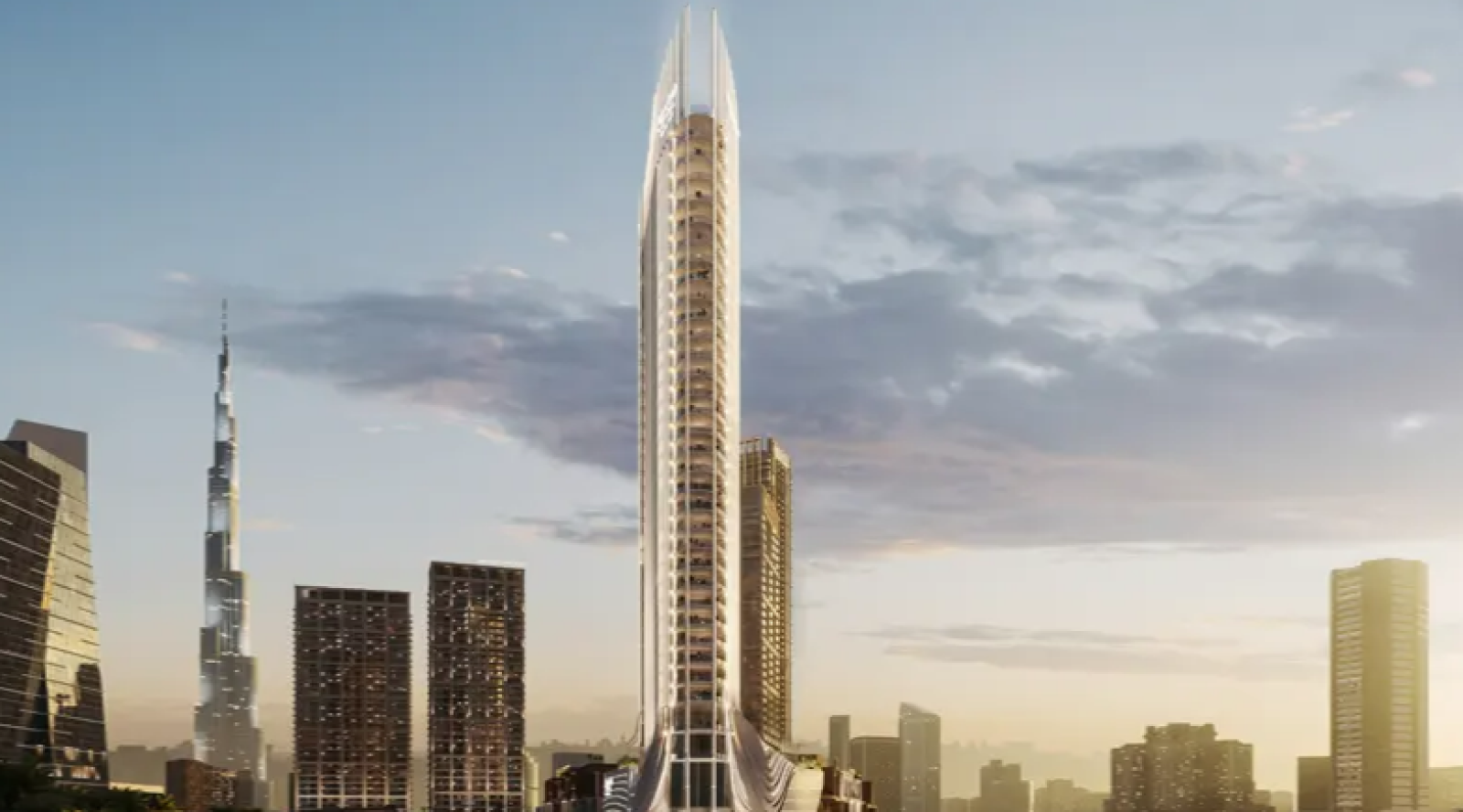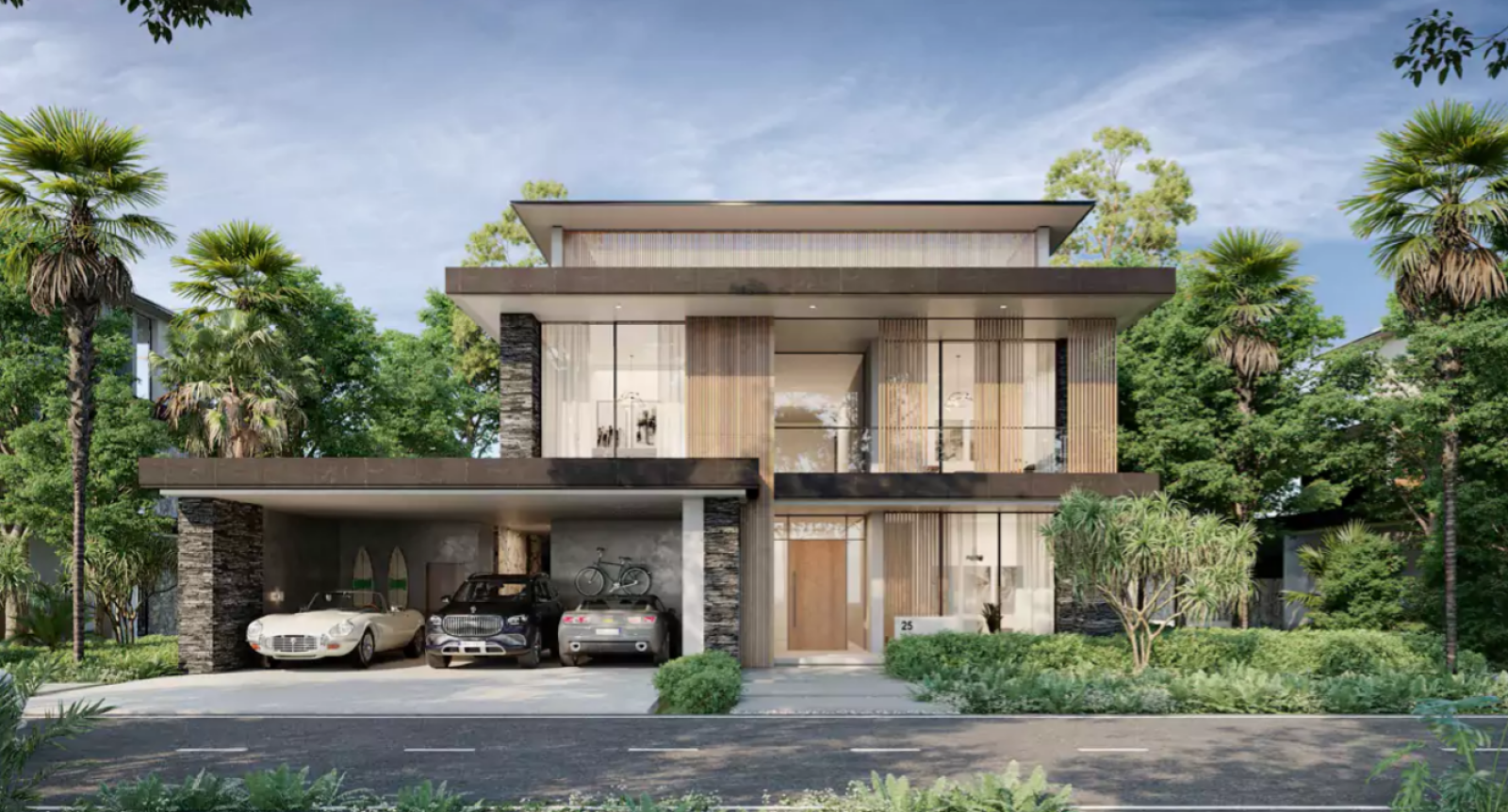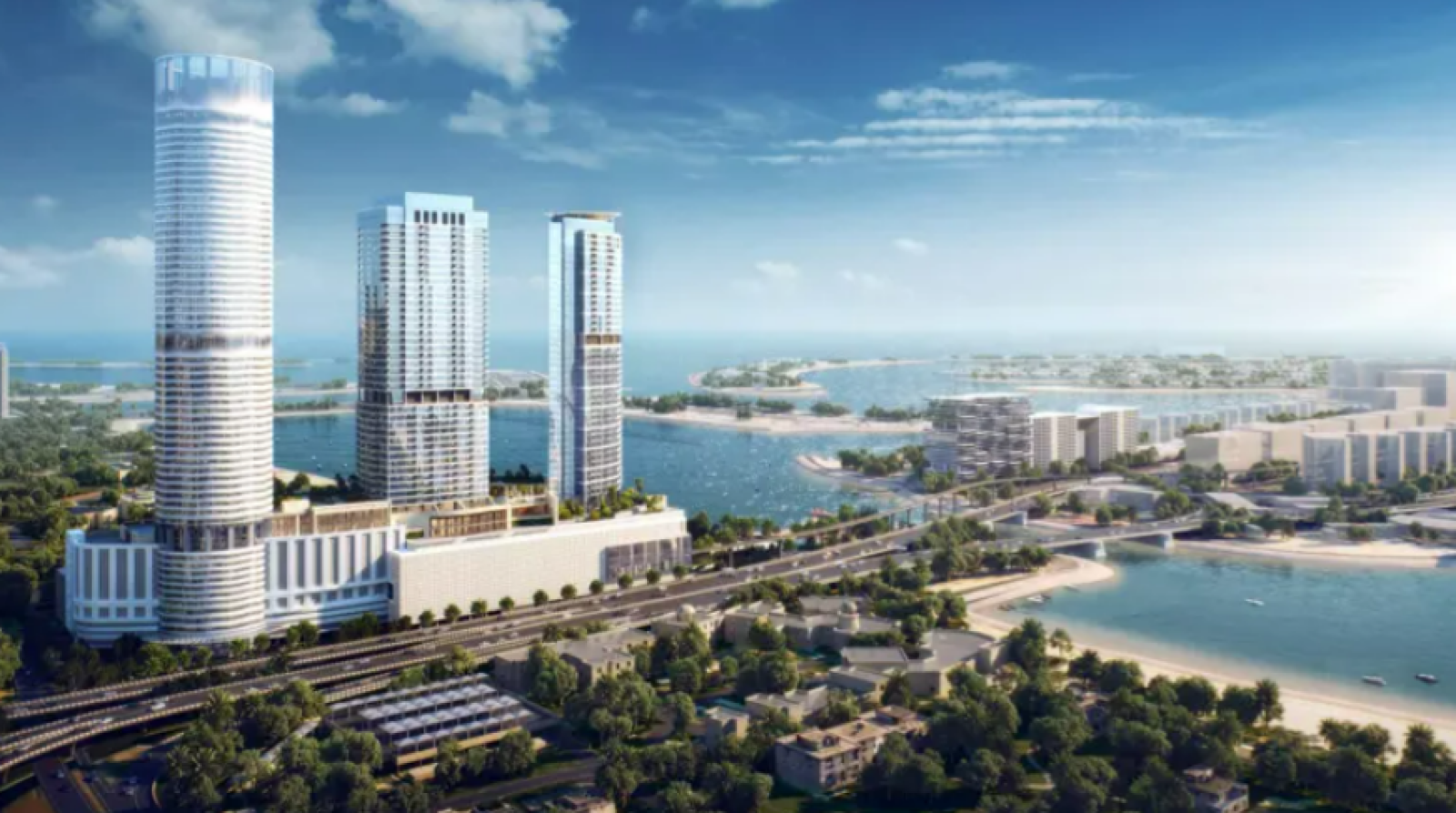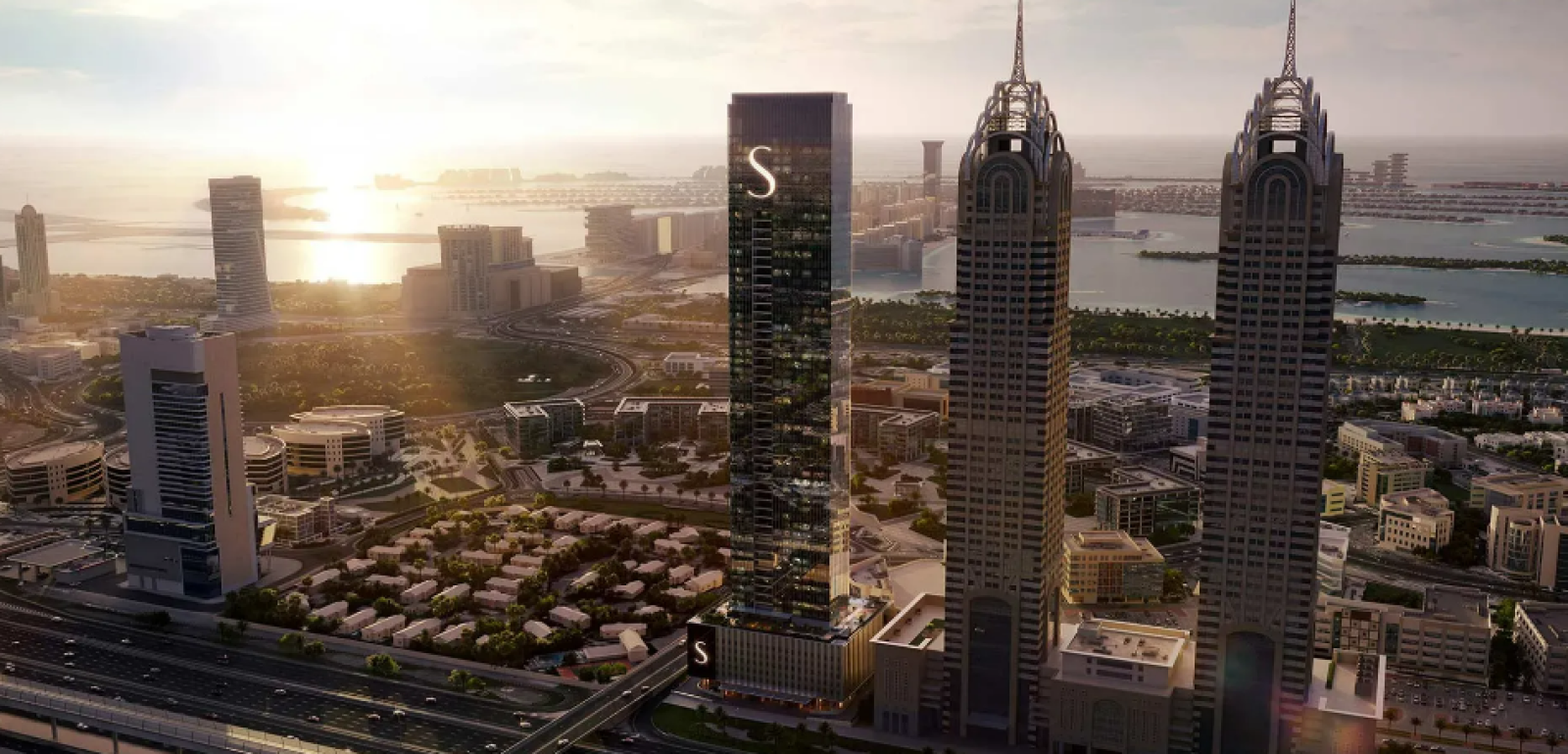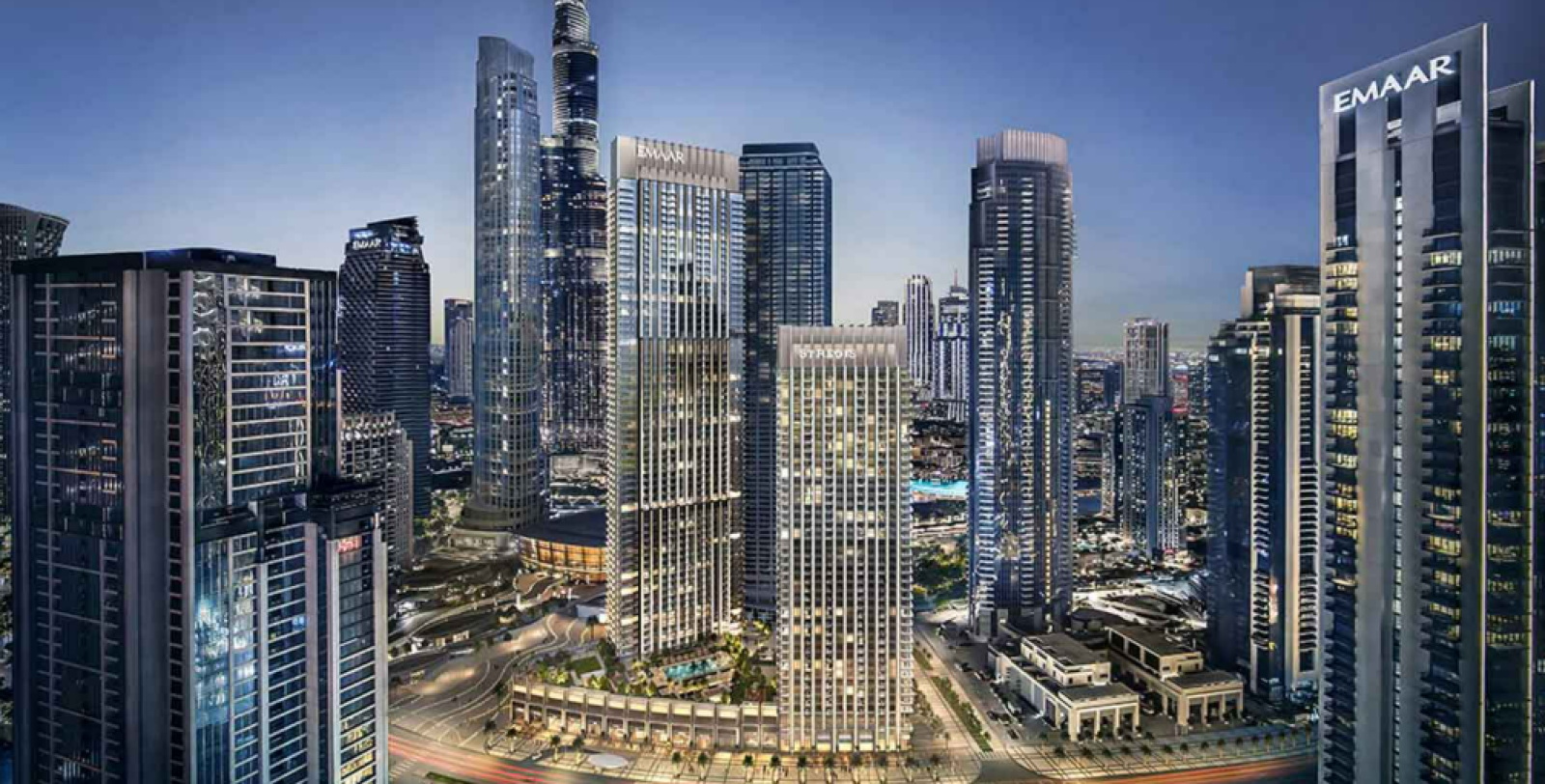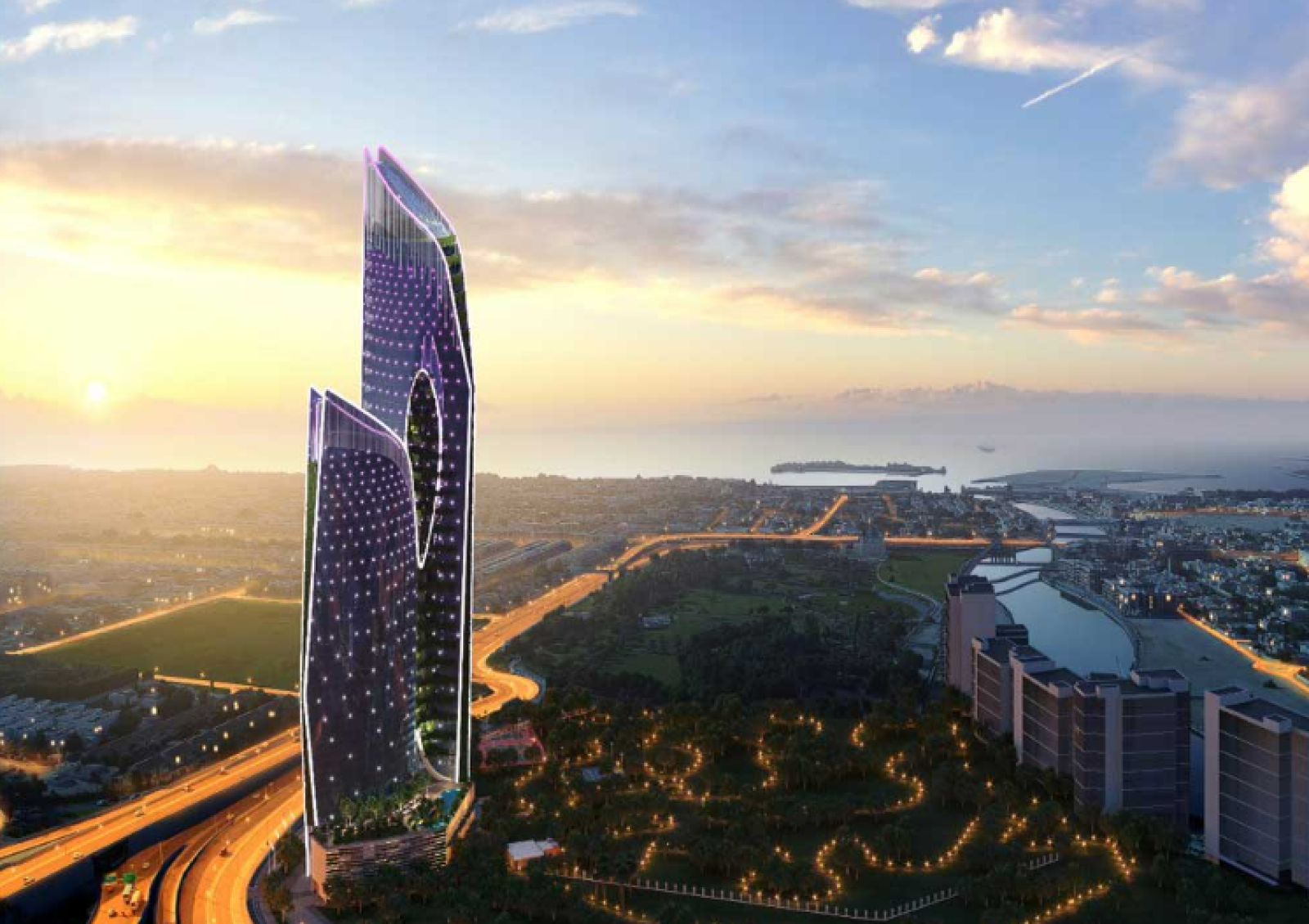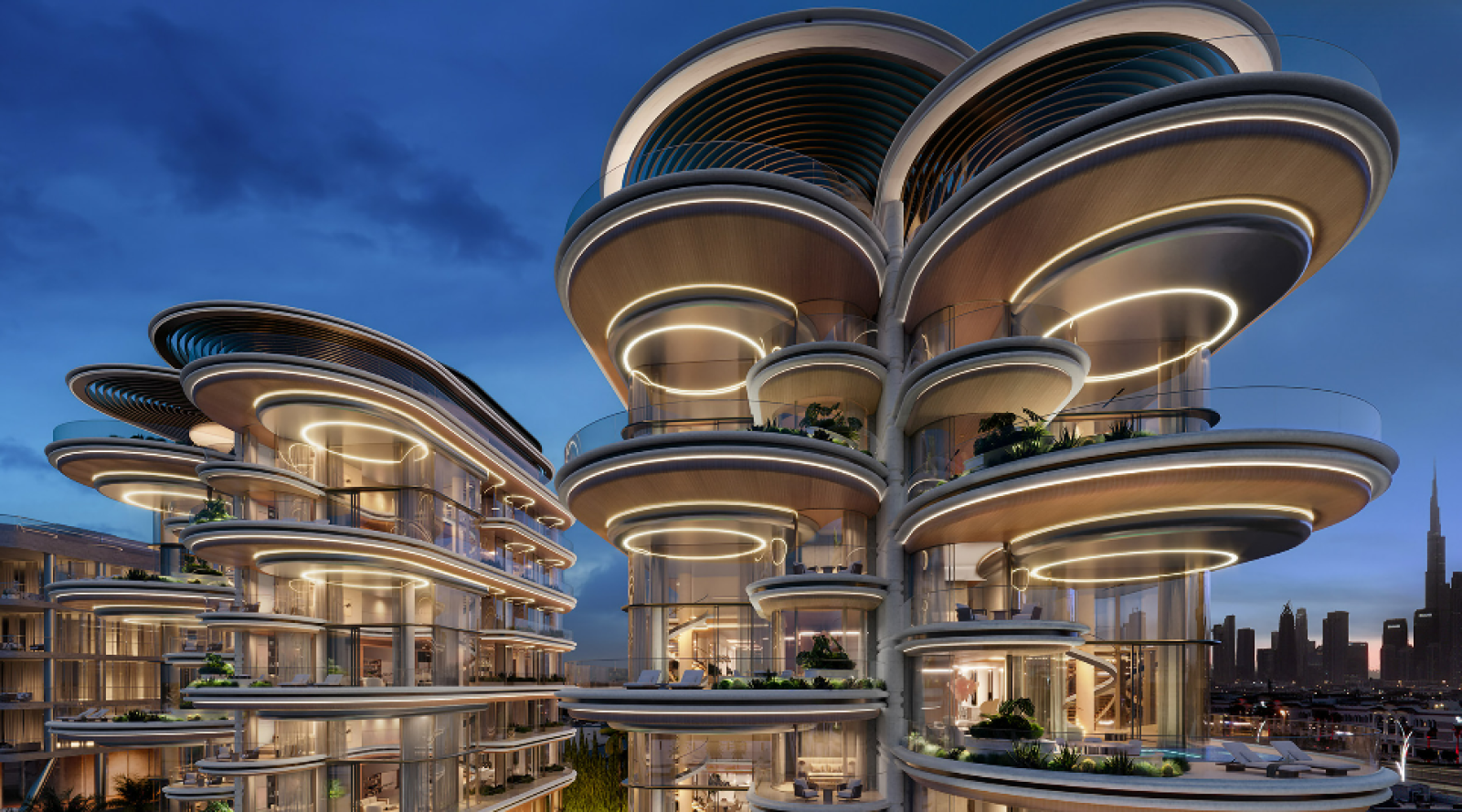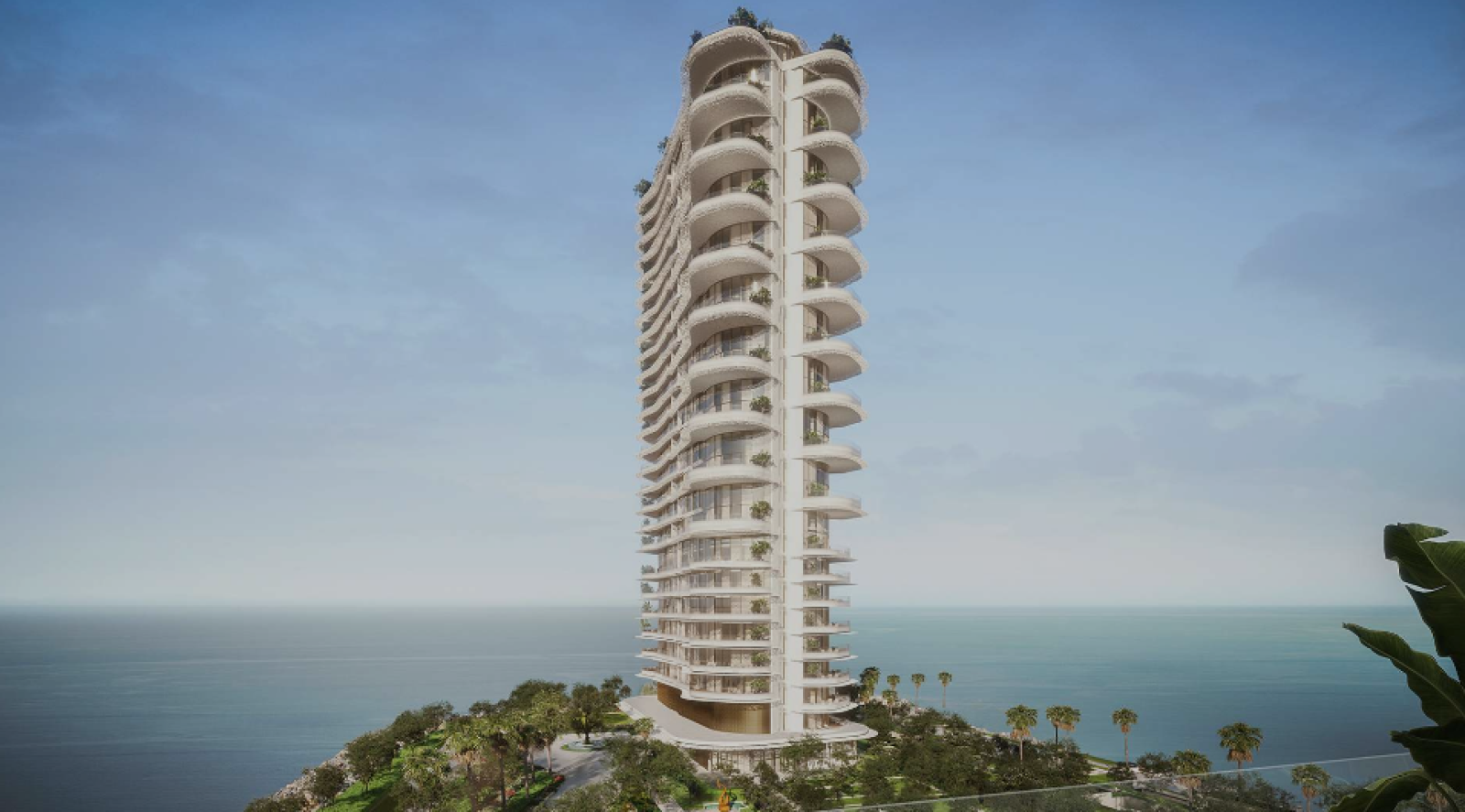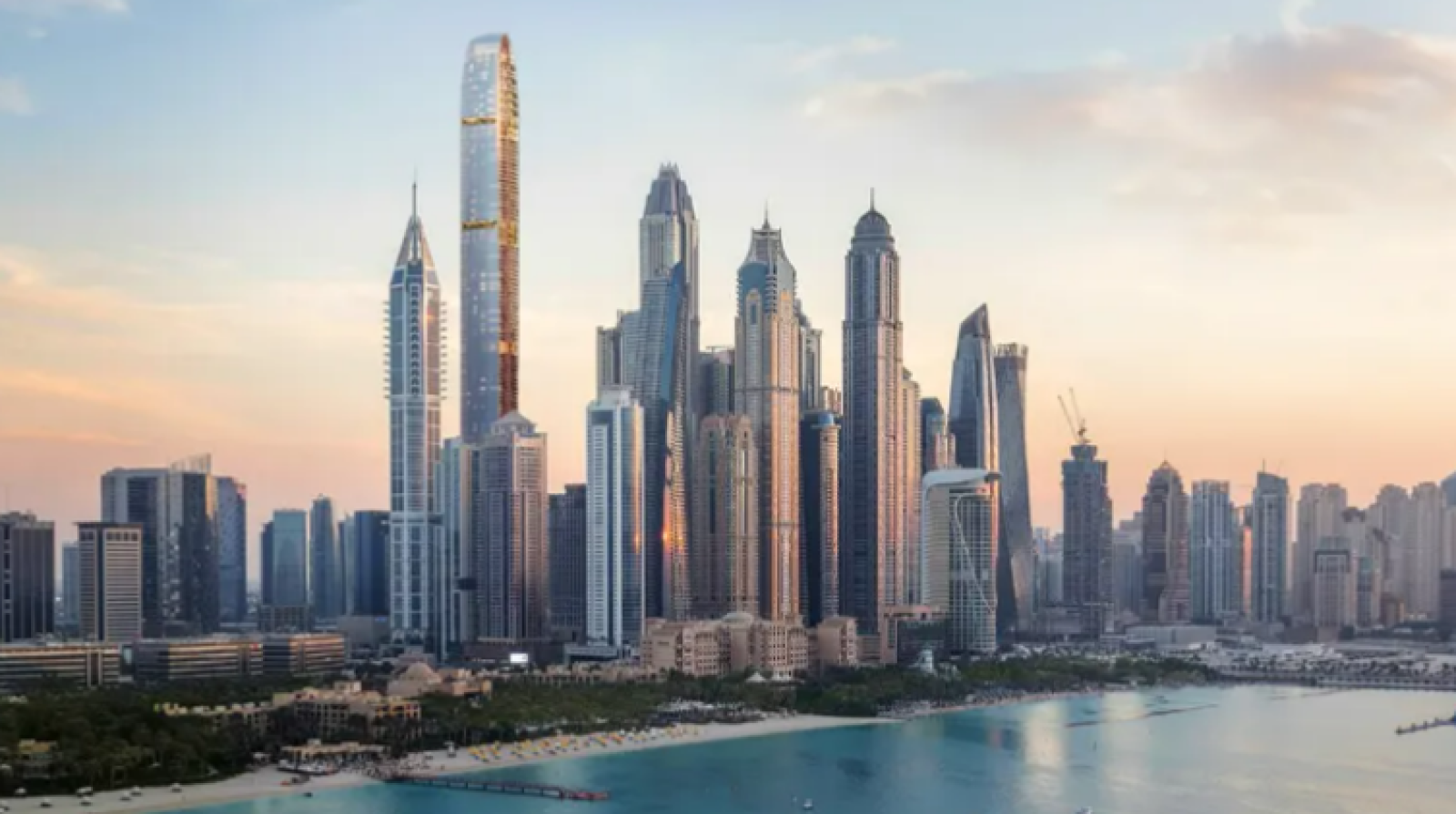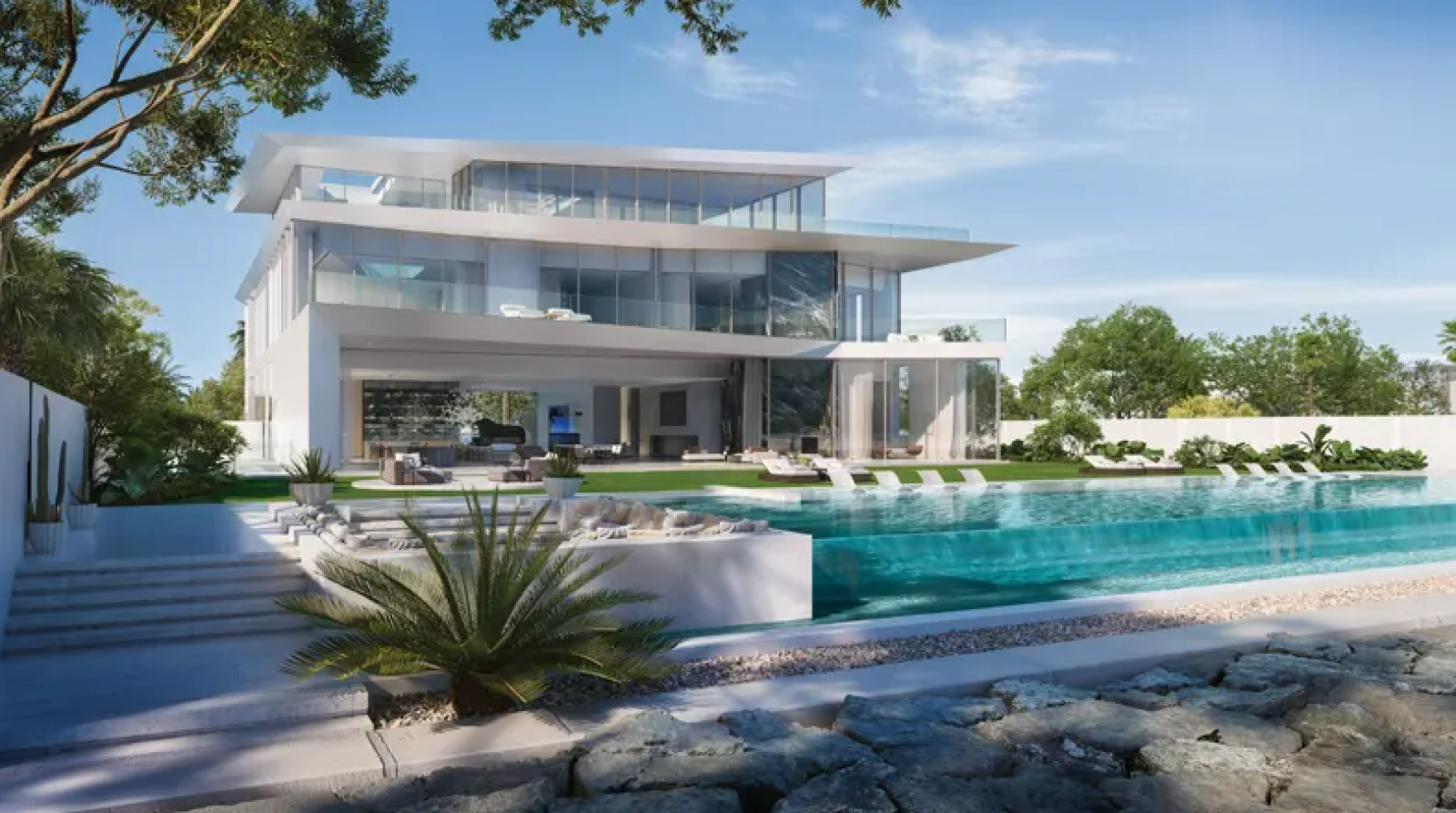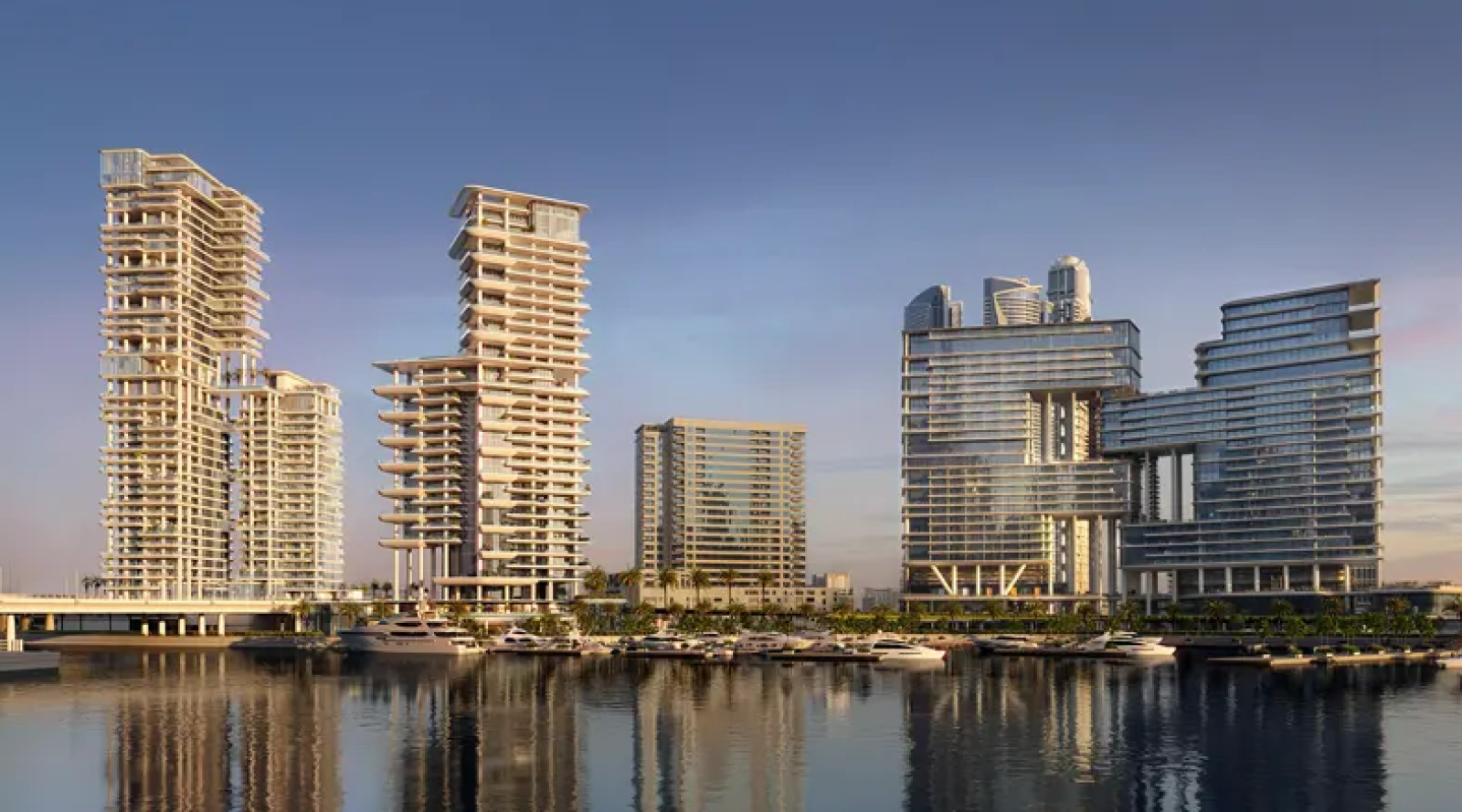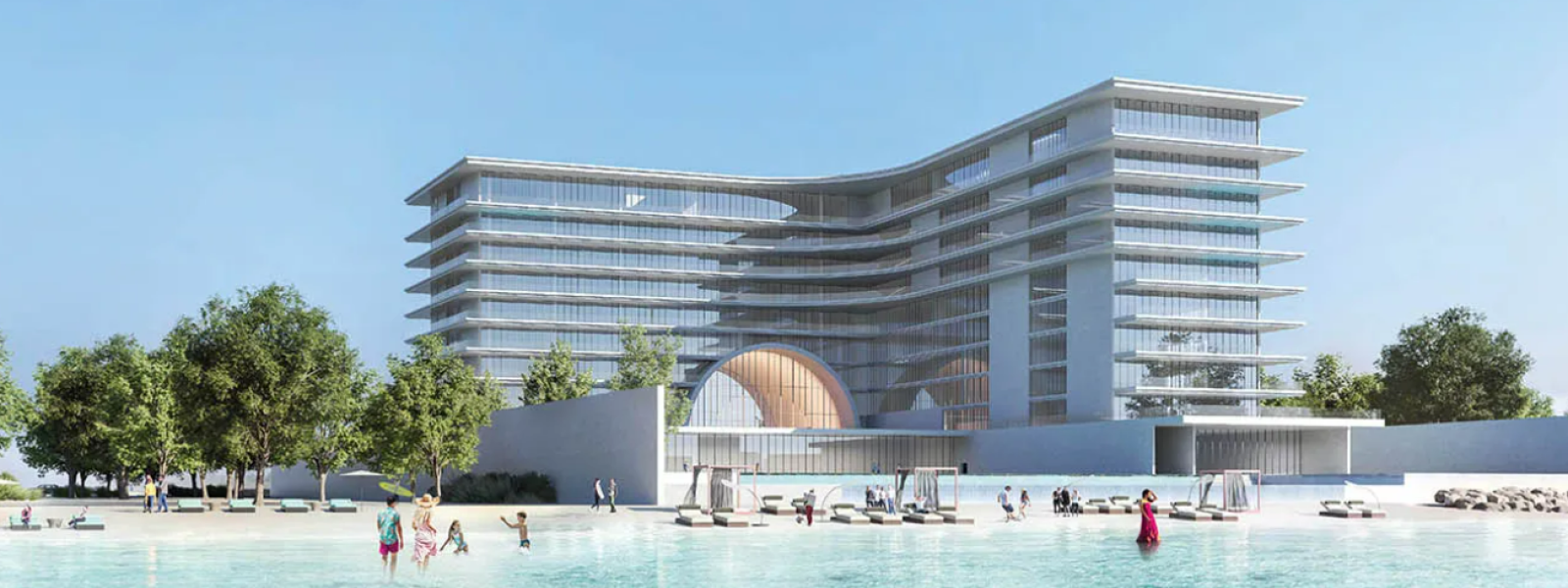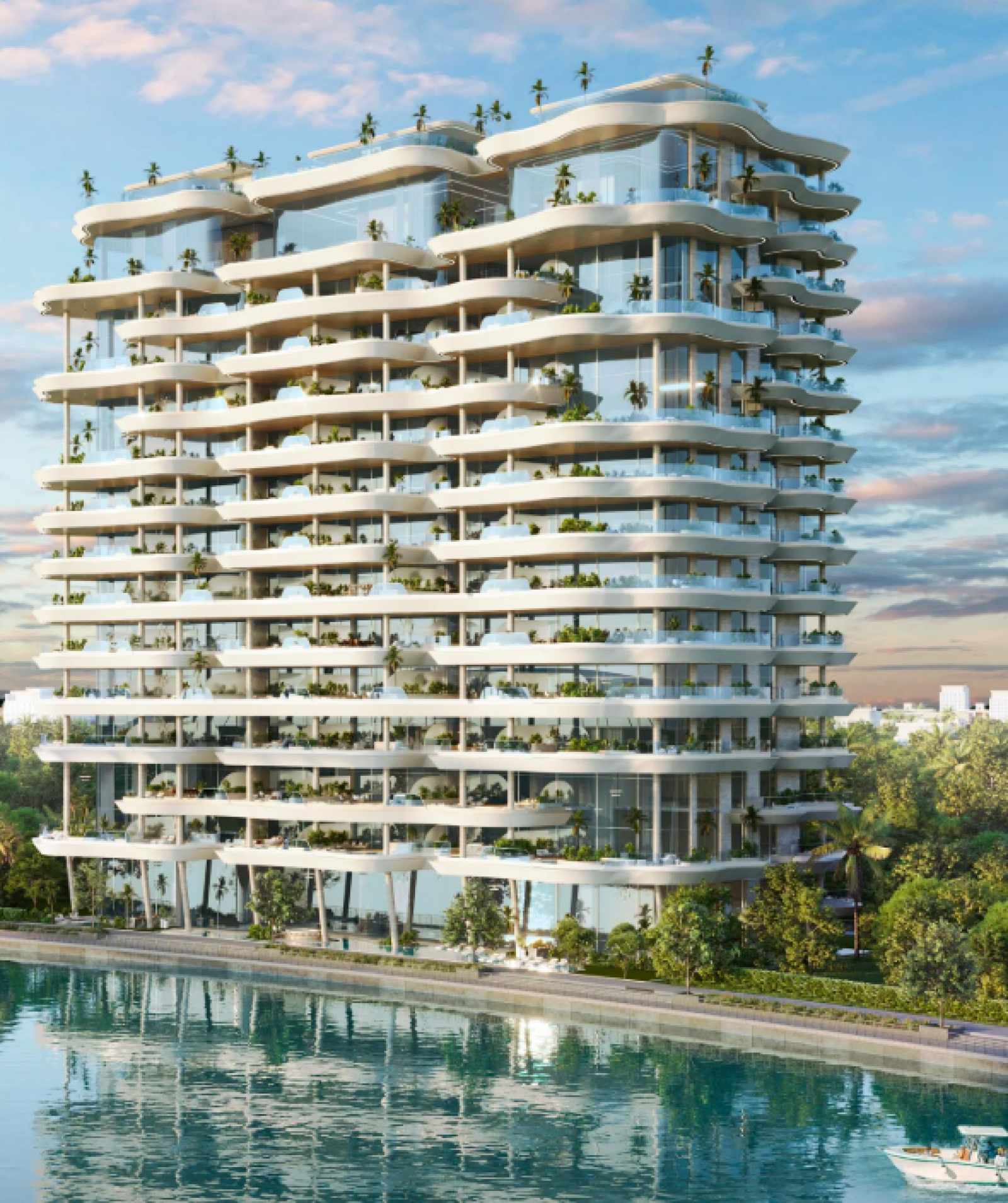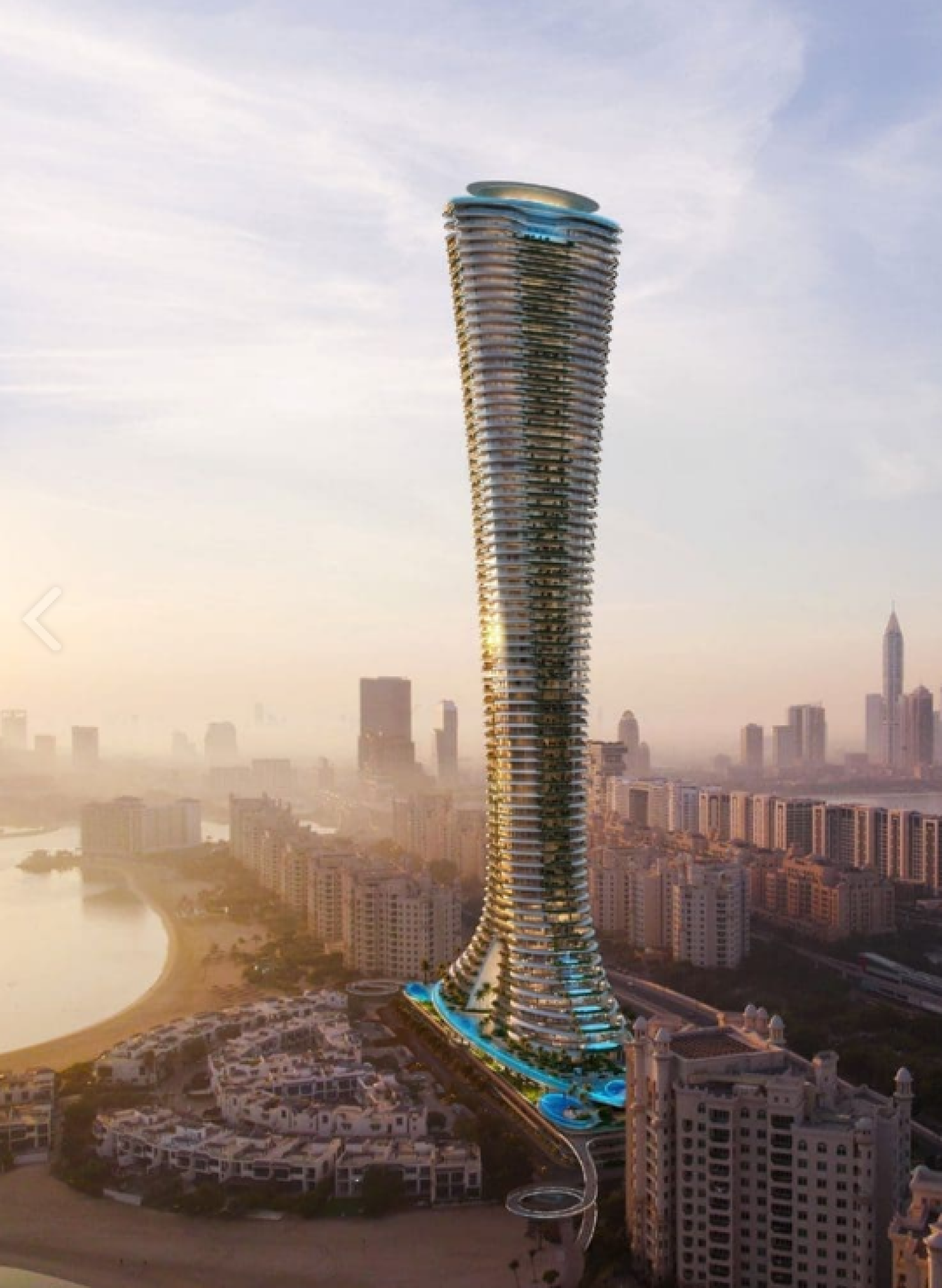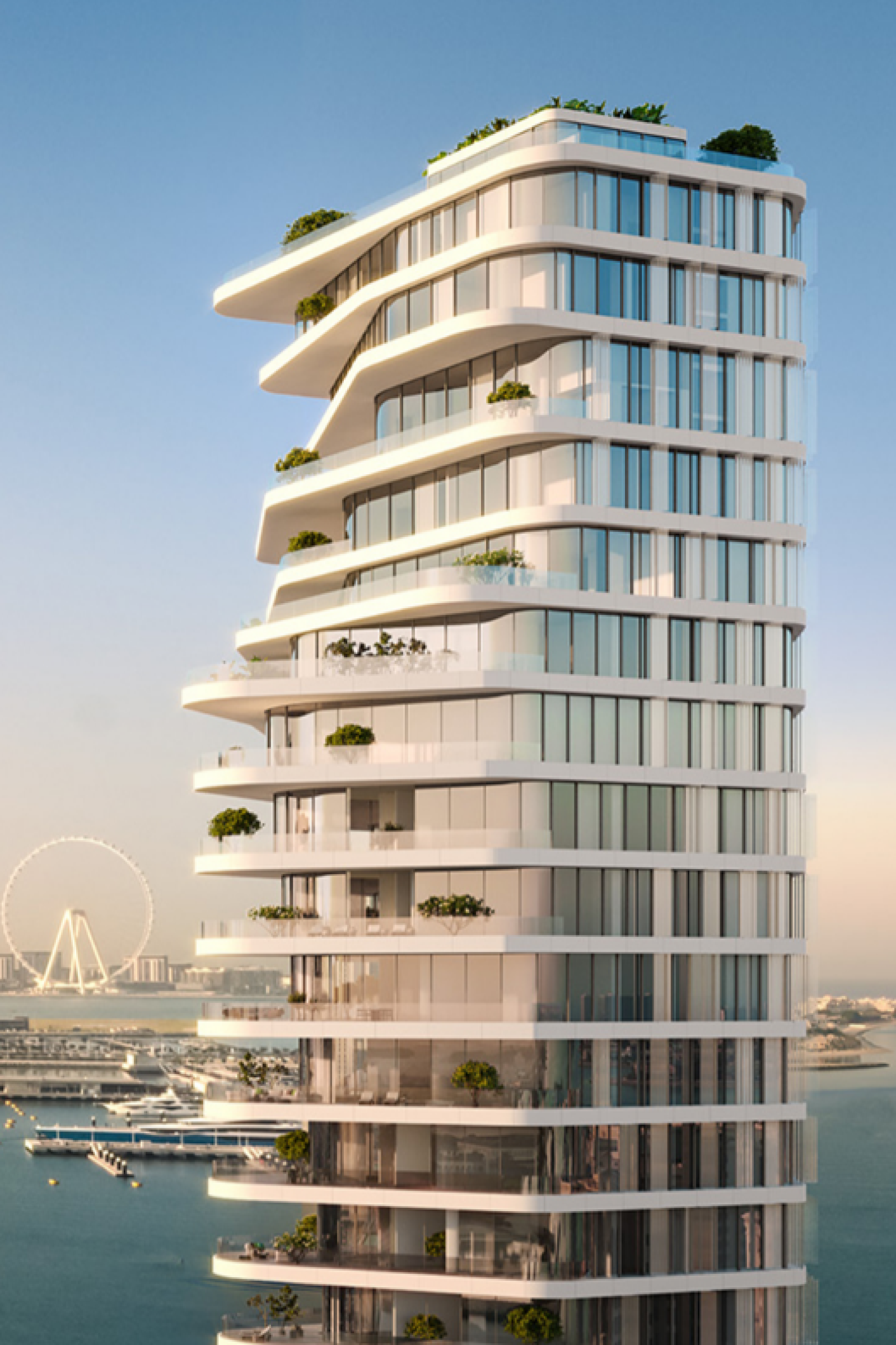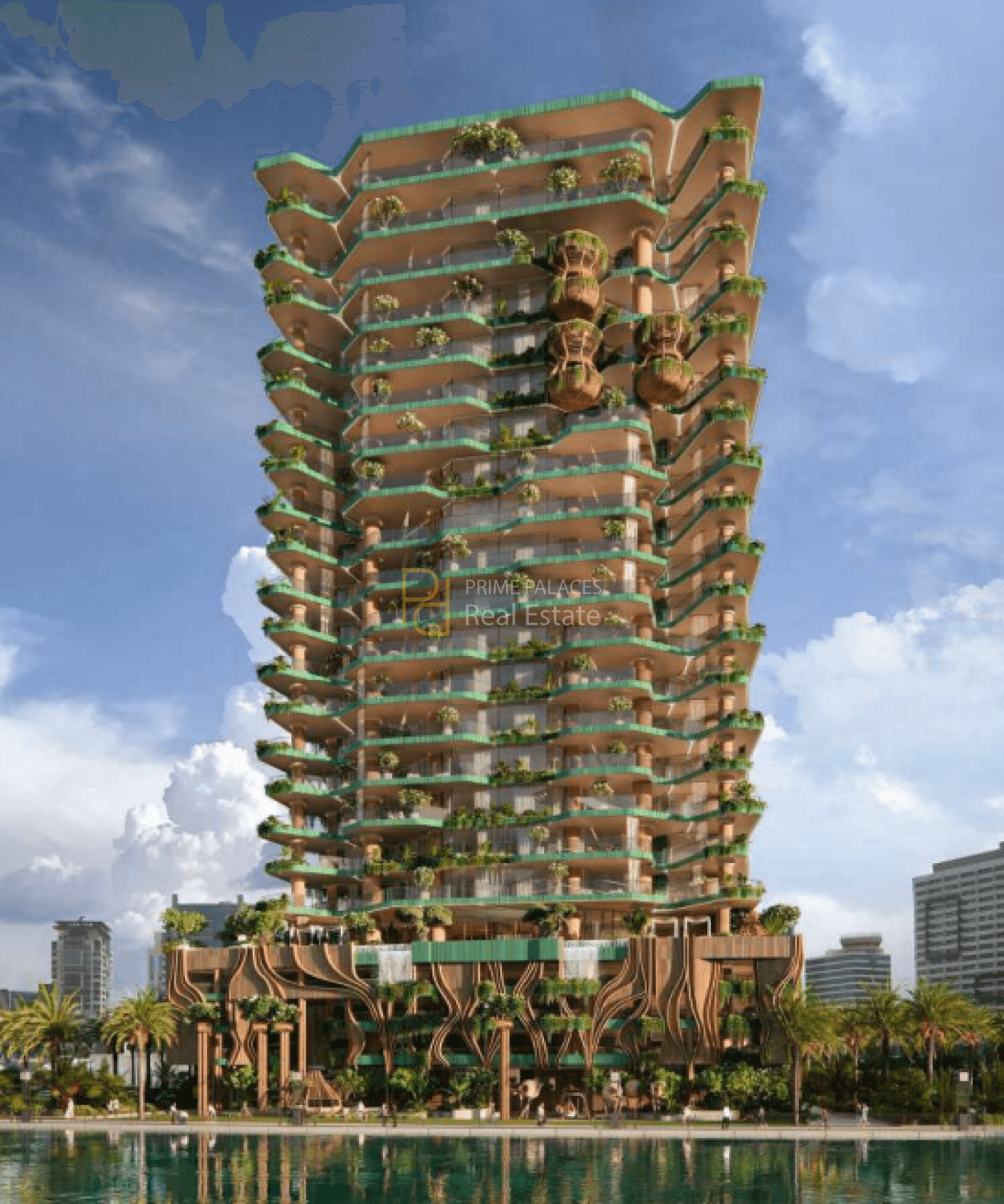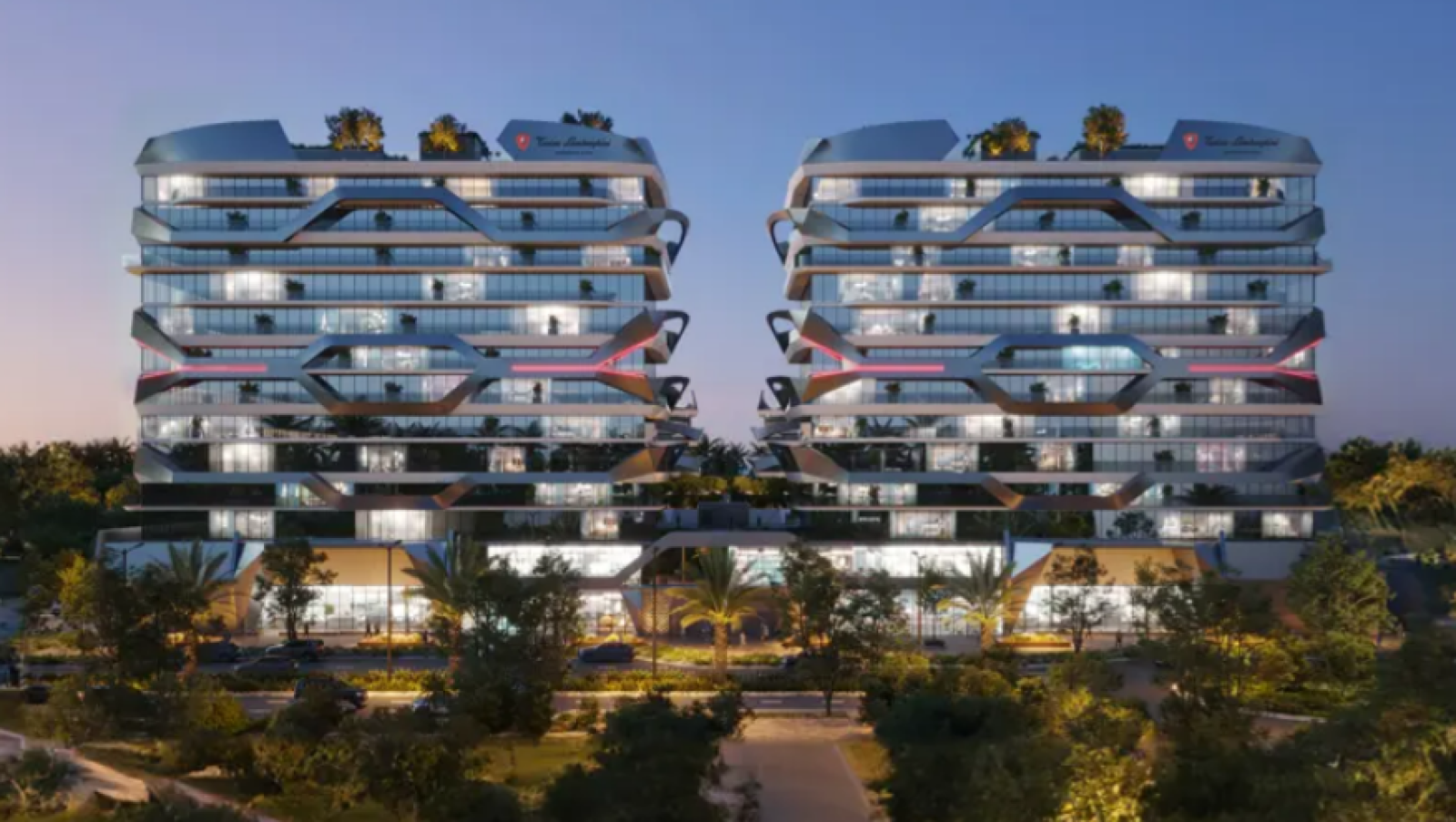A brief History of Dubai Real Estate
1. Origins: Trade, Pearls, and Early Settlement
Dubai was first mentioned in historical records in 1799. By 1833, the Al Maktoum family had established Dubai as a semi-autonomous port under British protection. It quickly became known for its natural harbor and booming pearl-diving and fishing industries, attracting traders from India, Persia, and East Africa.
Despite limited infrastructure, Dubai’s open-trade policies made it a commercial hub by the early 20th century.
2. Collapse of Pearling and Rise of Trade (1930s–1950s)
The global collapse of the pearling industry in the 1930s hit Dubai hard. Yet, under the leadership of Sheikh Saeed bin Maktoum, the city shifted its focus to trade and logistics. By eliminating trade tariffs and investing in basic infrastructure, Dubai became the Gulf’s key re-export center.
3. Oil Discovery and Infrastructure Boom (1966–1980s)
The discovery of oil in 1966 marked a dramatic shift in Dubai’s development. Revenues from oil were reinvested in ports, roads, housing, and airports. Notably:
-
Port Rashid opened in 1972
-
Dubai International Airport expanded rapidly
-
The Jebel Ali Port was inaugurated in 1979
Dubai also played a central role in the formation of the United Arab Emirates in 1971, establishing itself as a core political and economic contributor.
4. Economic Diversification and Free Zones (1990s–2000s)
Understanding its limited oil reserves, Dubai took bold steps to diversify its economy. Under the leadership of Sheikh Mohammed bin Rashid Al Maktoum, initiatives focused on finance, tourism, and real estate. Milestones include:
-
Launch of Emirates Airline (1985)
-
Development of Dubai Internet City and Media City (early 2000s)
-
Palm Jumeirah and Burj Al Arab transformed global perceptions of Dubai
In 2002, foreign nationals were granted the right to own freehold property in Dubai, sparking a real estate boom that redefined the skyline.
5. Global Recognition and Crisis Response (2008–2011)
Like much of the world, Dubai was affected by the 2008 global financial crisis. Property prices fell sharply, and projects were delayed. However, government intervention, support from Abu Dhabi, and sound fiscal policies helped stabilize the economy.
By 2011, Dubai began recovering, aided by surging tourism, retail, and global interest in its real estate market.
6. Consolidation and Expo 2020 Preparation (2013–2022)
Dubai spent the last decade enhancing its international profile:
-
Winning the bid to host Expo 2020 (scheduled for 2020, later postponed to October 2021–March 2022)
-
Introducing new visa systems and long-term residency options
-
Expanding urban areas like Dubai Hills Estate and Mohammed Bin Rashid City
-
Promoting off-plan properties in Dubai to international buyers
With Expo 2020 concluding just weeks ago, Dubai enters a new phase of post-event urban utilization, centered around District 2020 and innovation hubs.
Conclusion
As of April 2022, Dubai’s history stands as a story of strategic planning, adaptability, and visionary leadership. From a pearl village to a global metropolis in under 200 years, Dubai continues to attract attention—not just for its skyscrapers and luxury—but for its model of growth built on openness, infrastructure, and opportunity.

